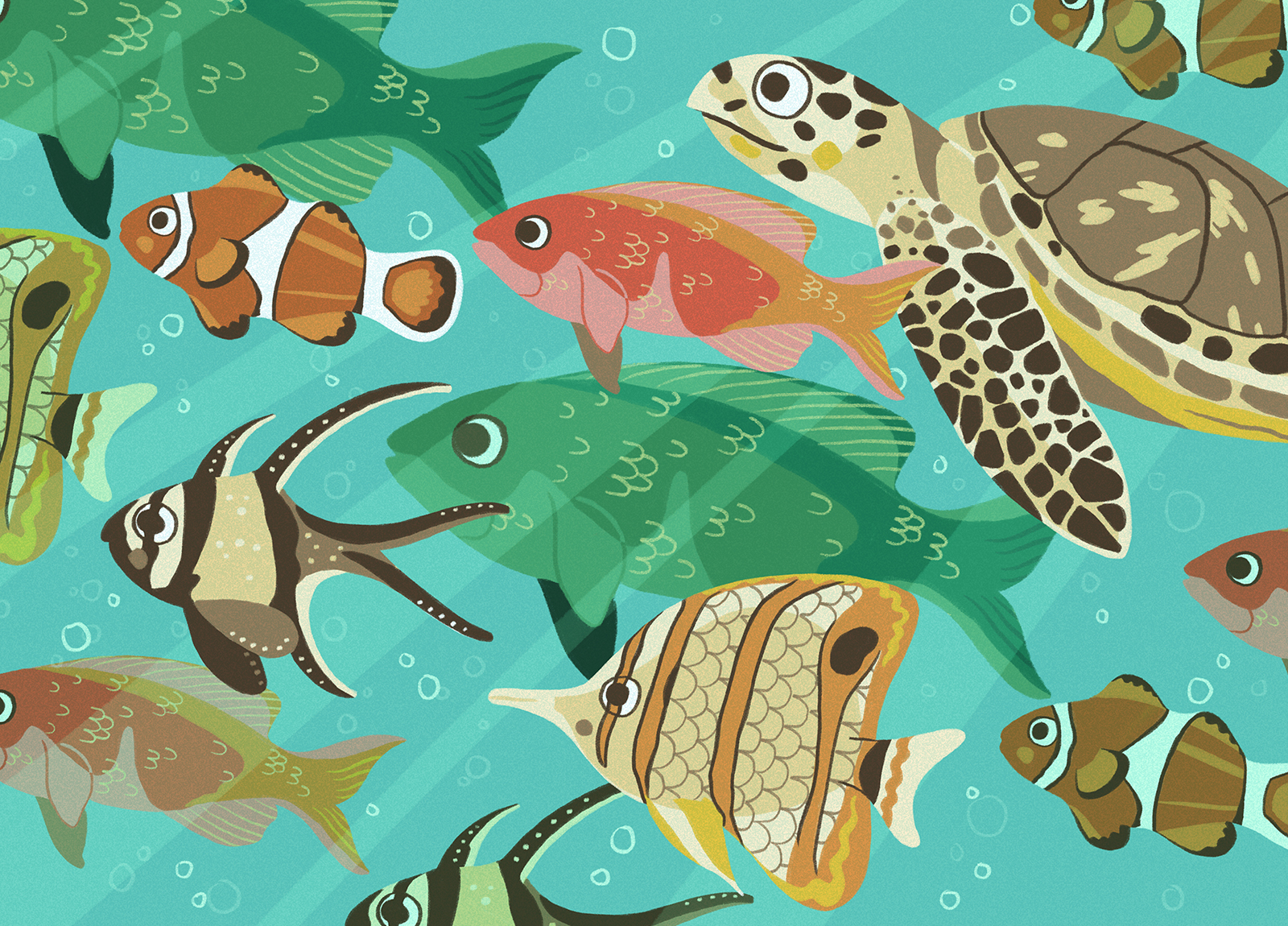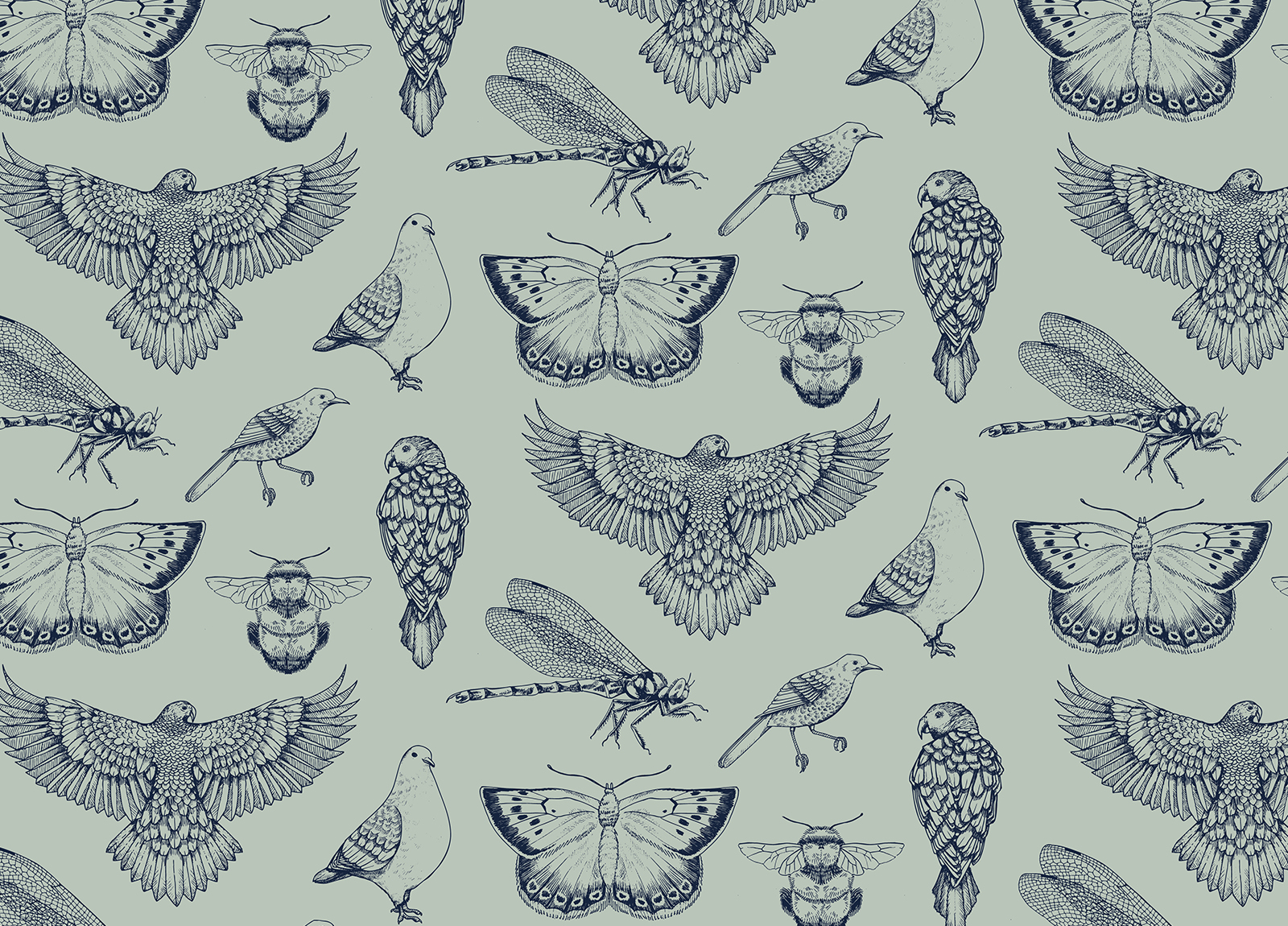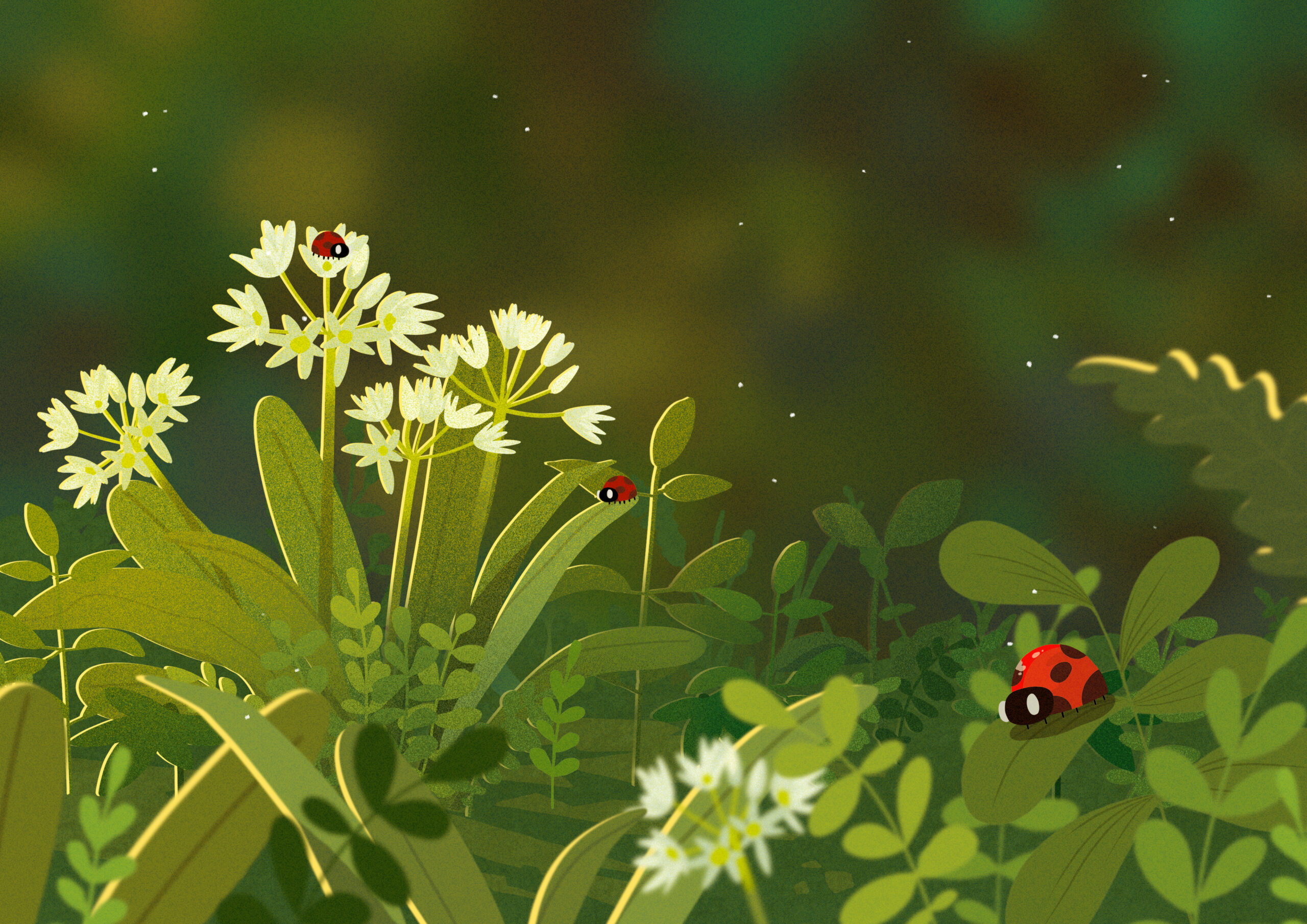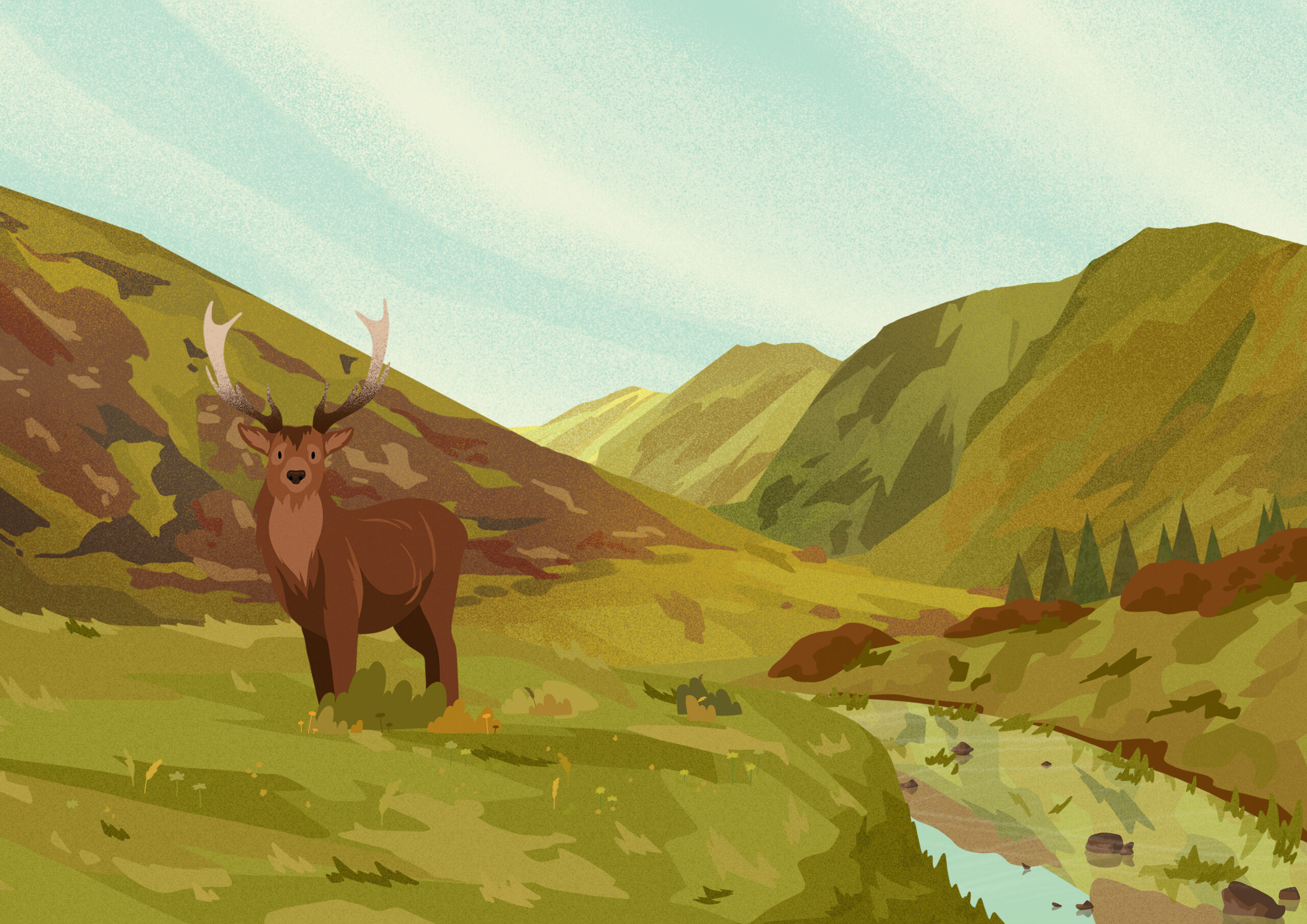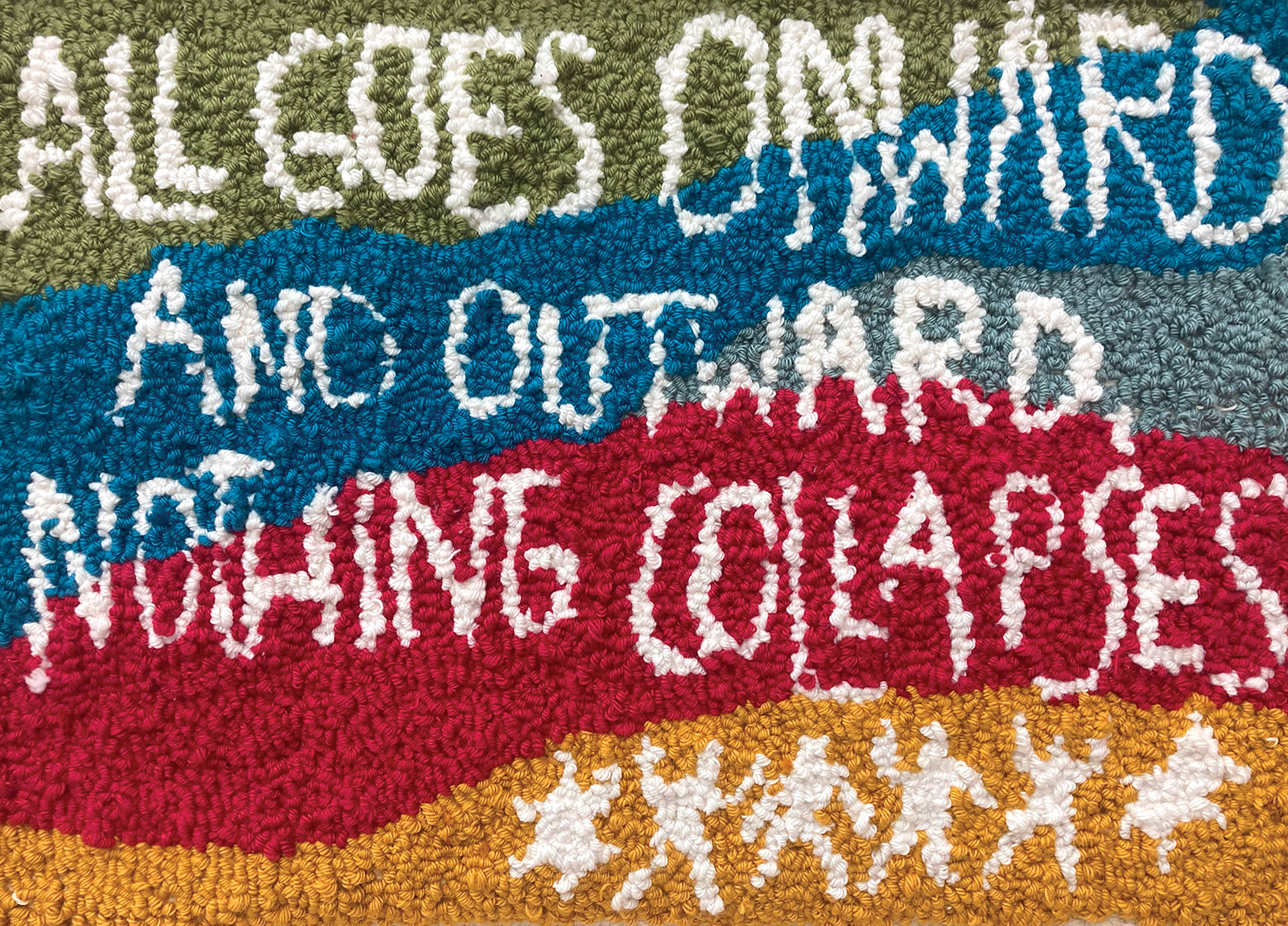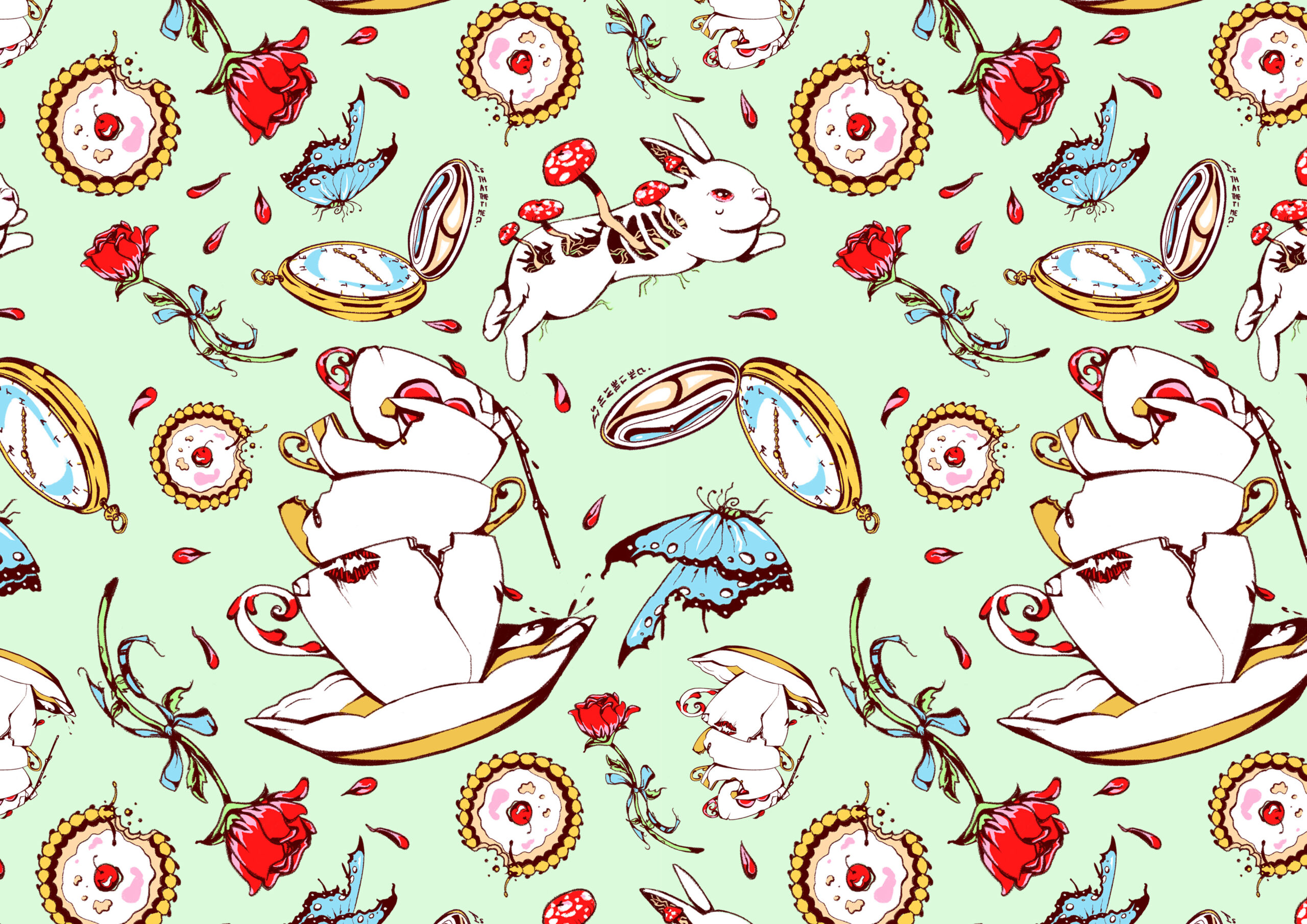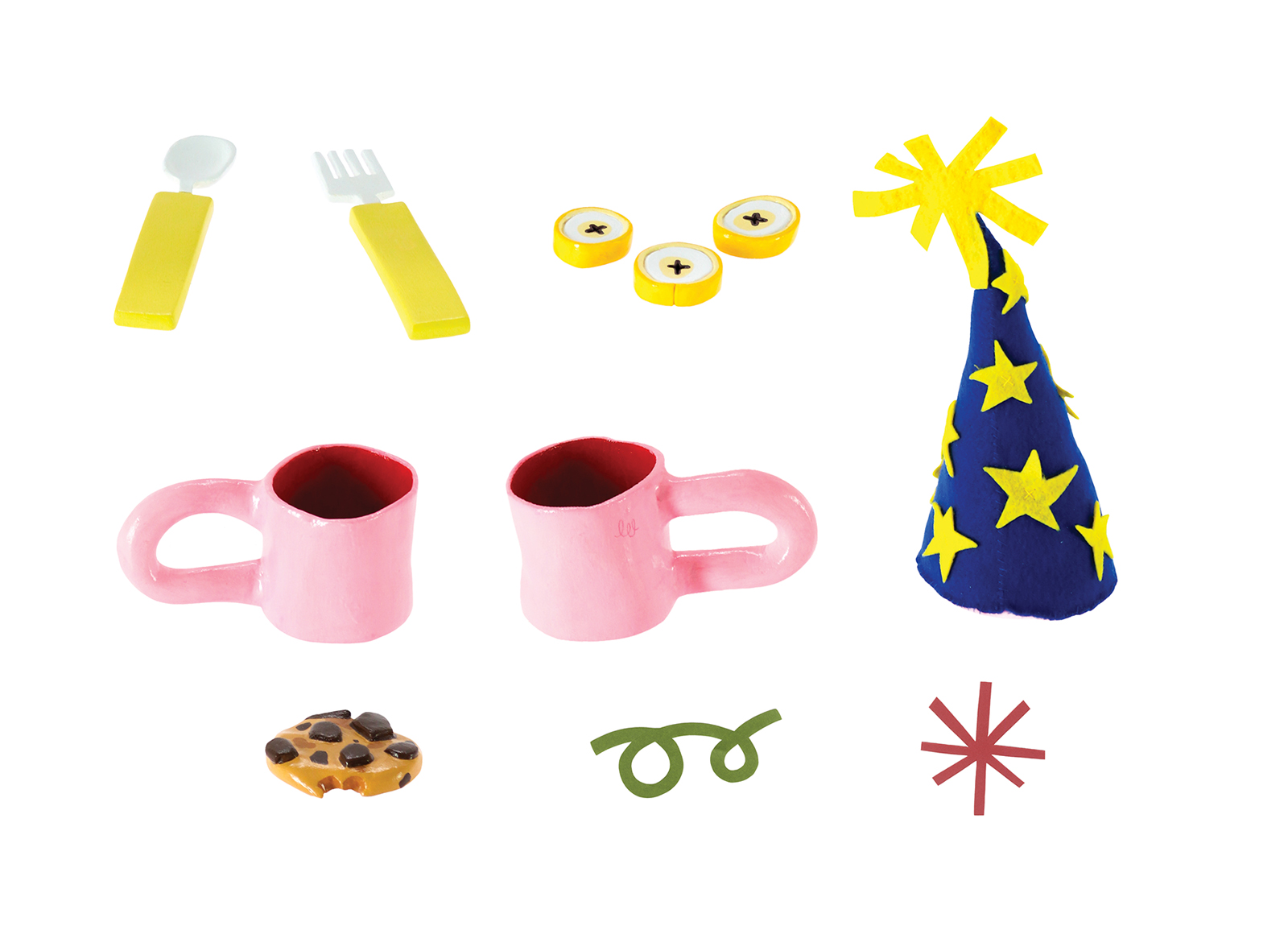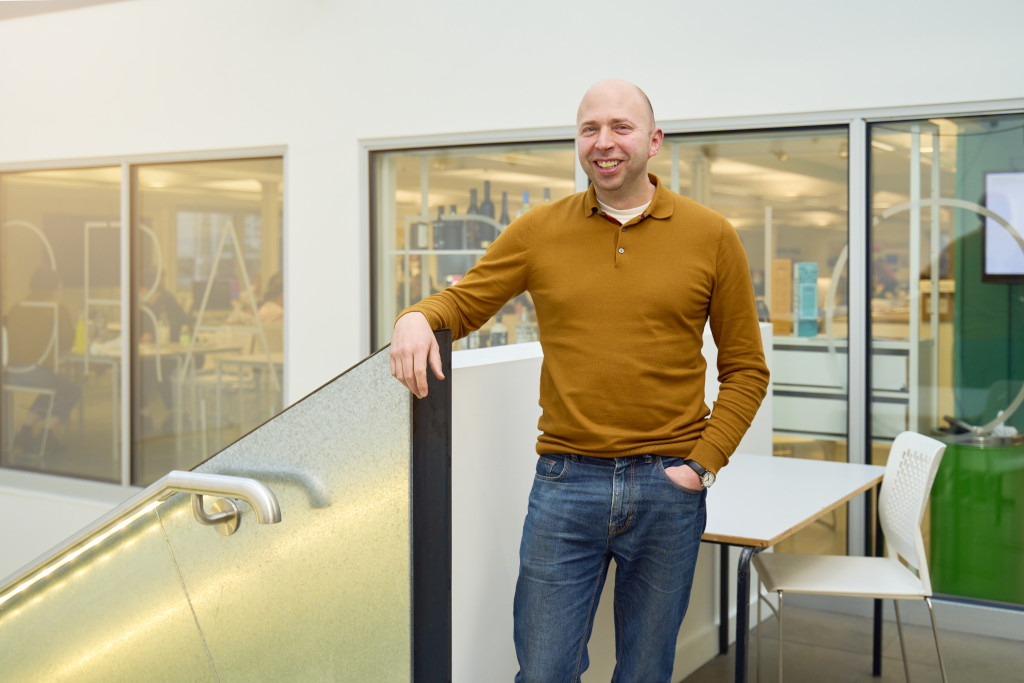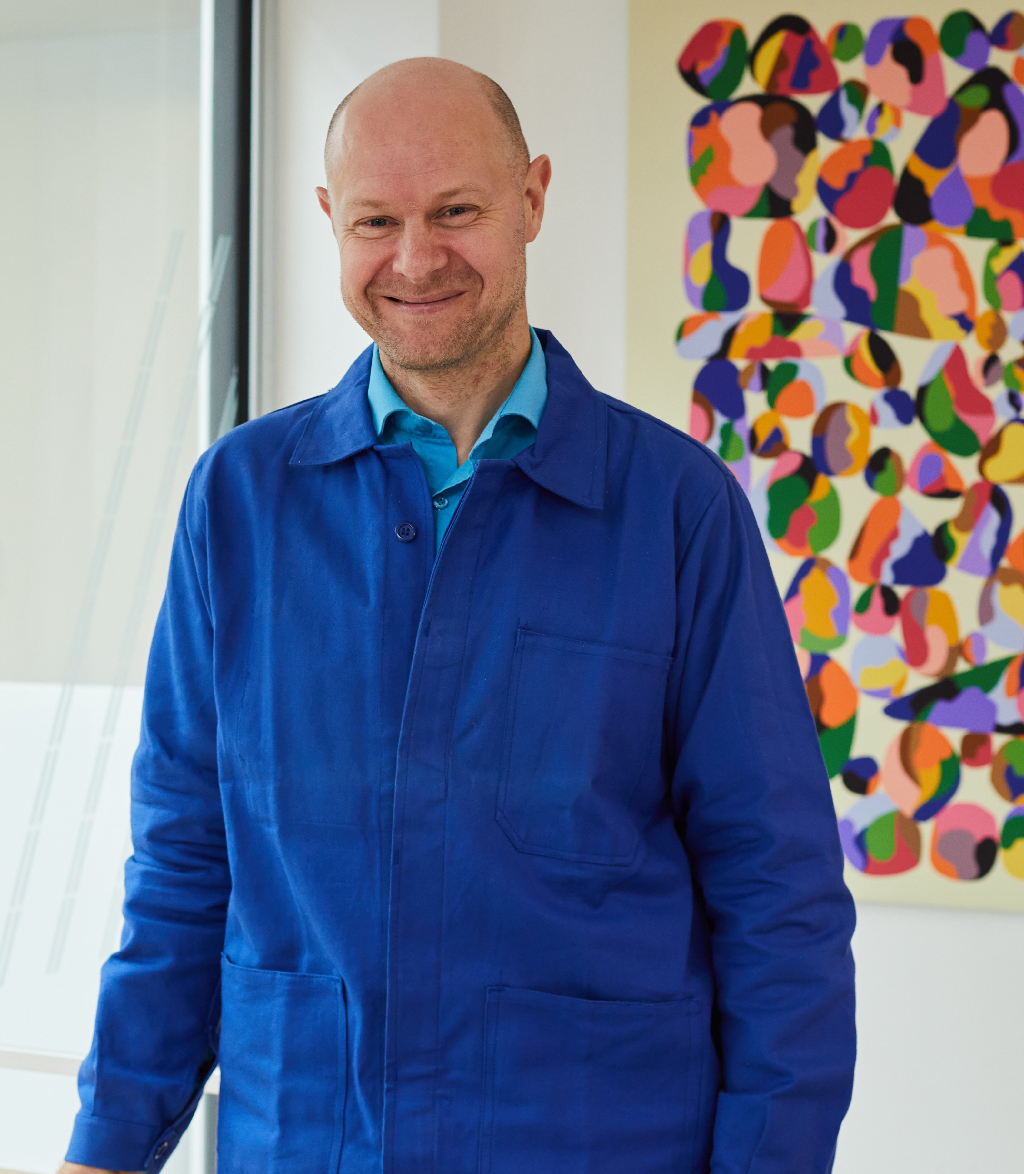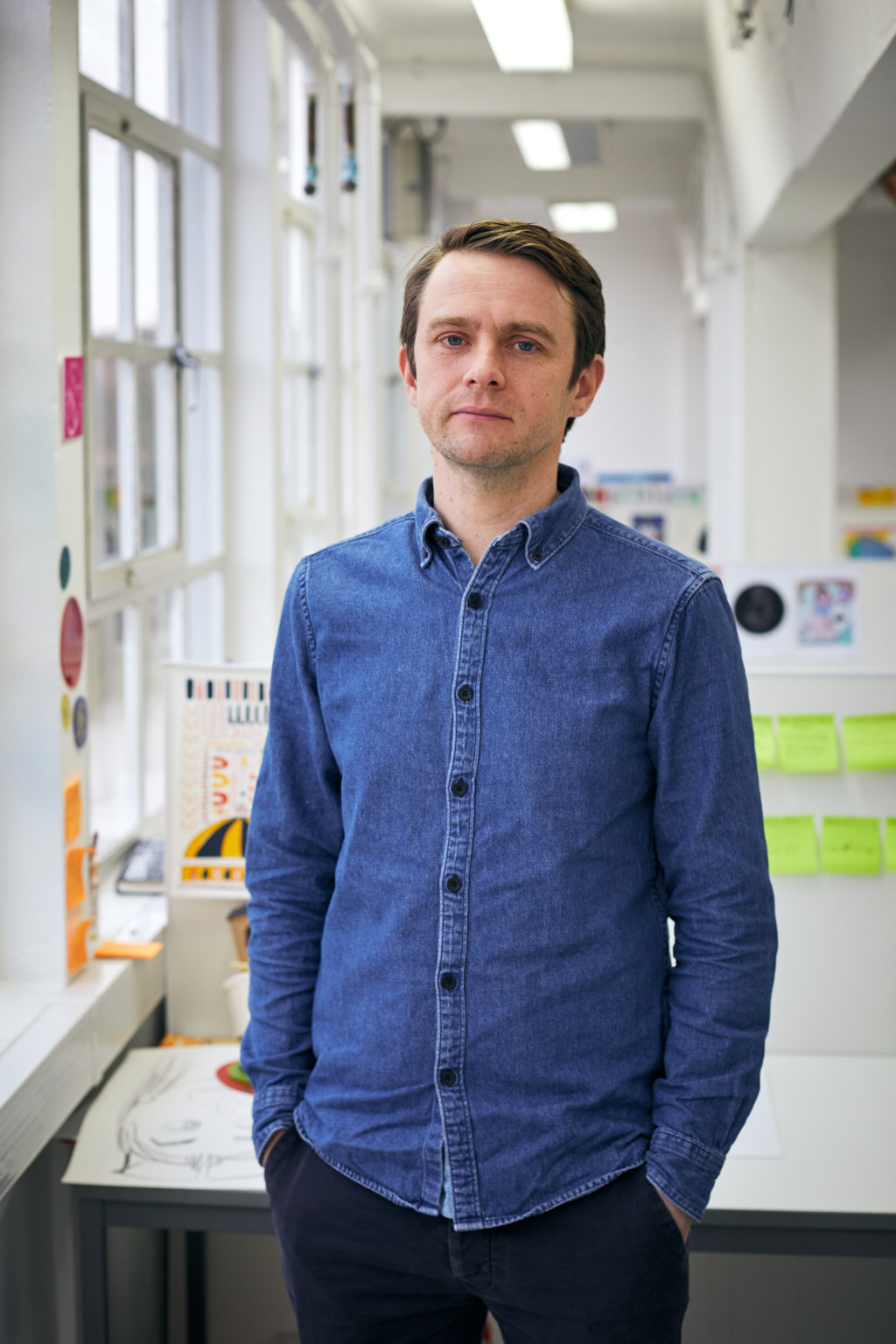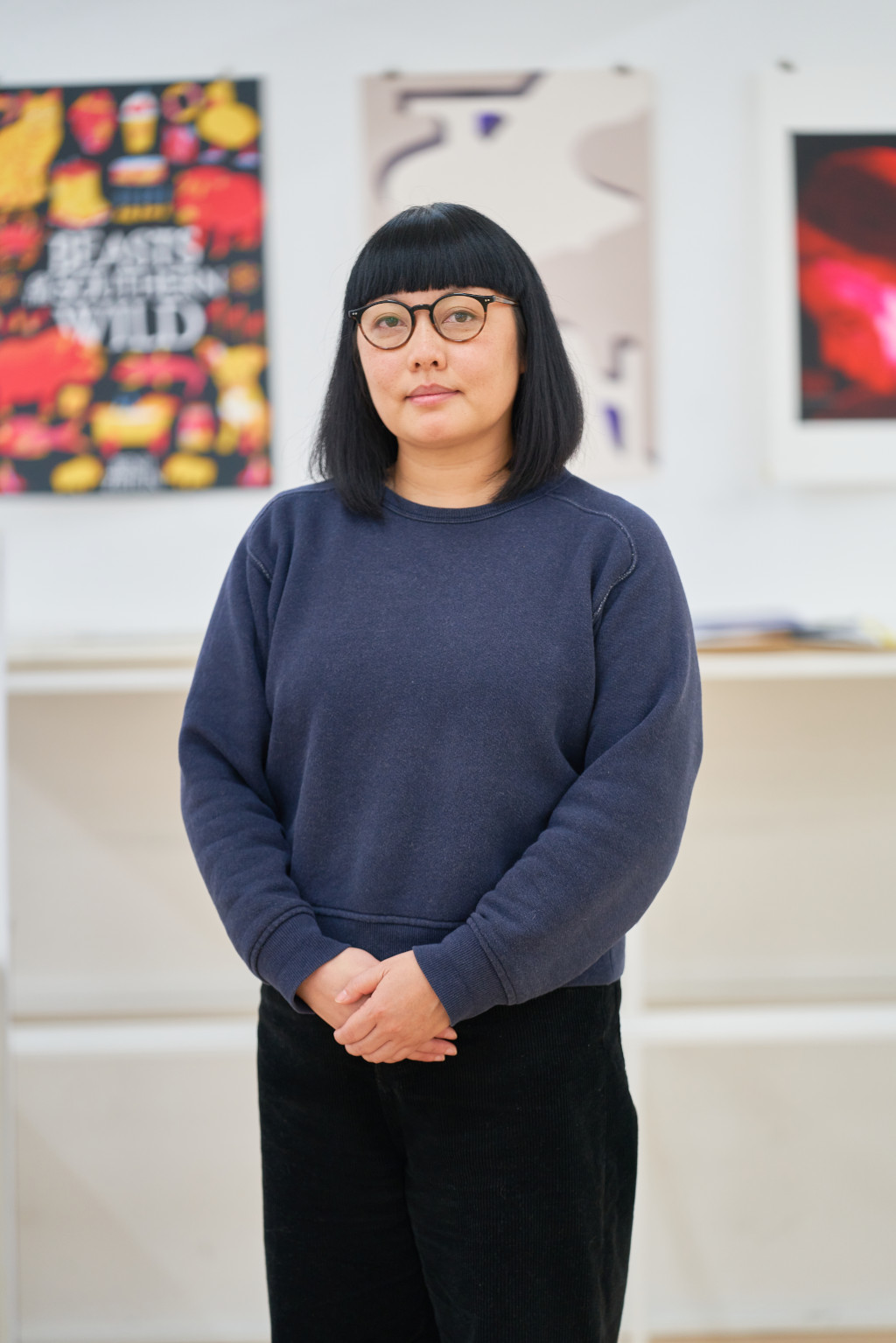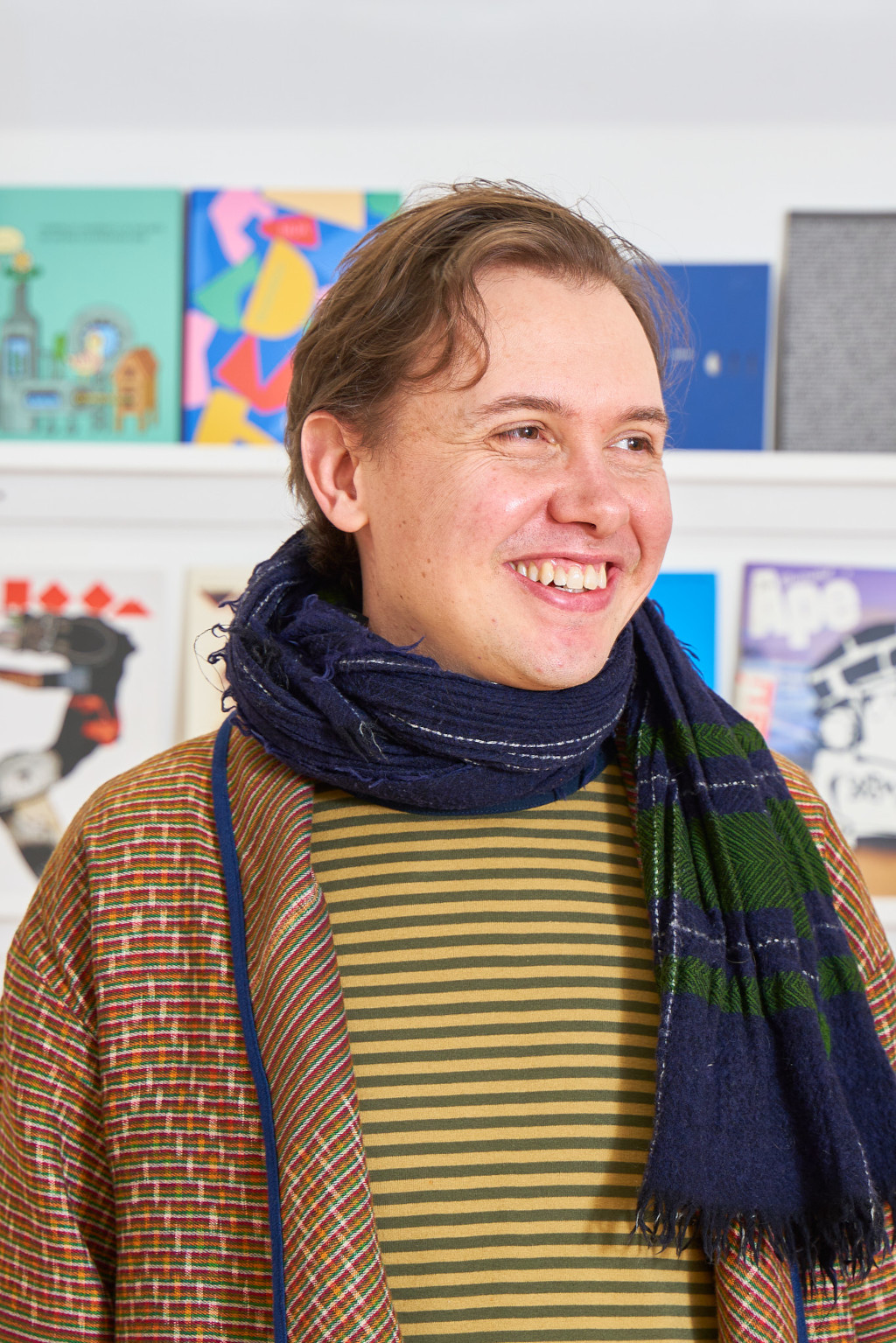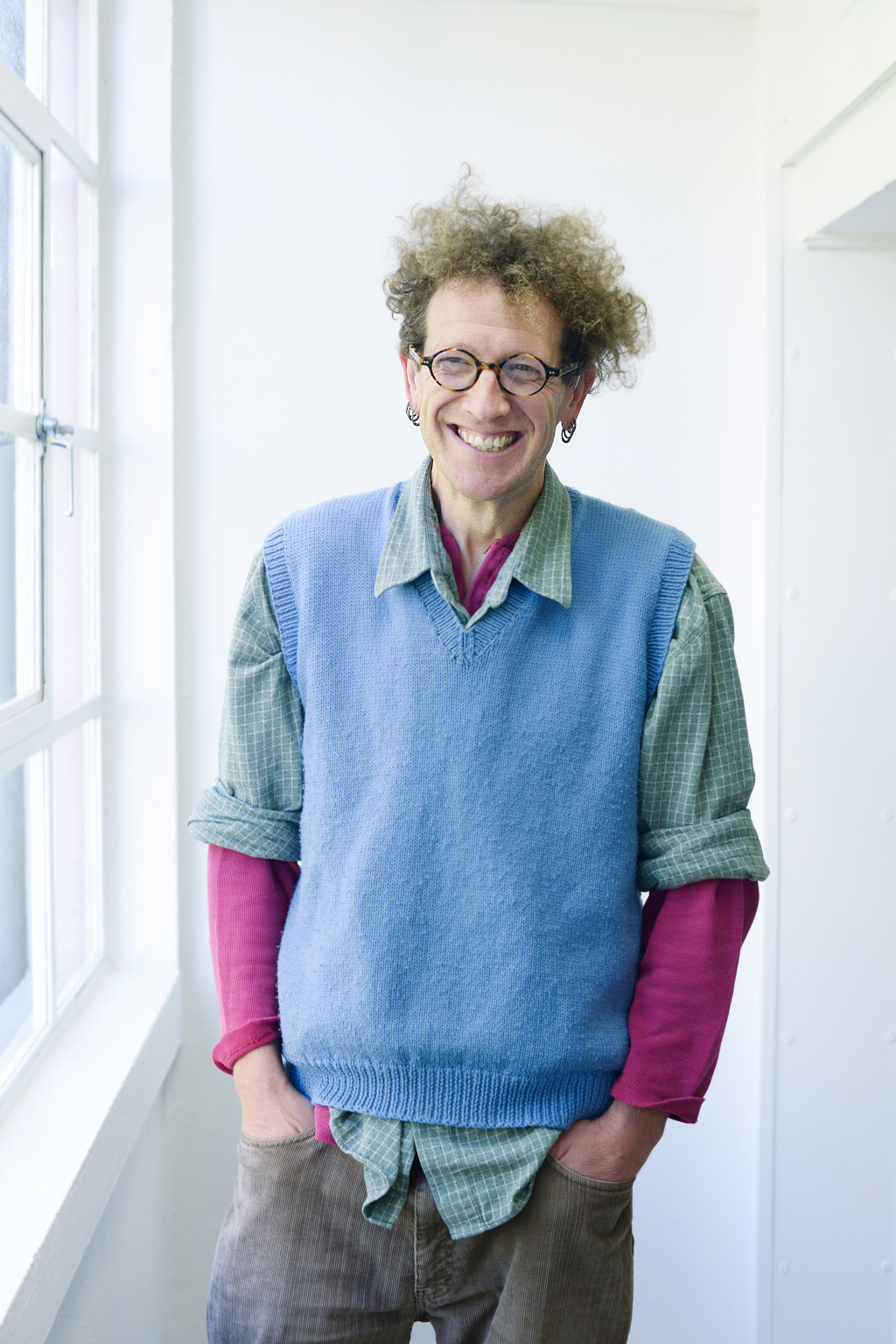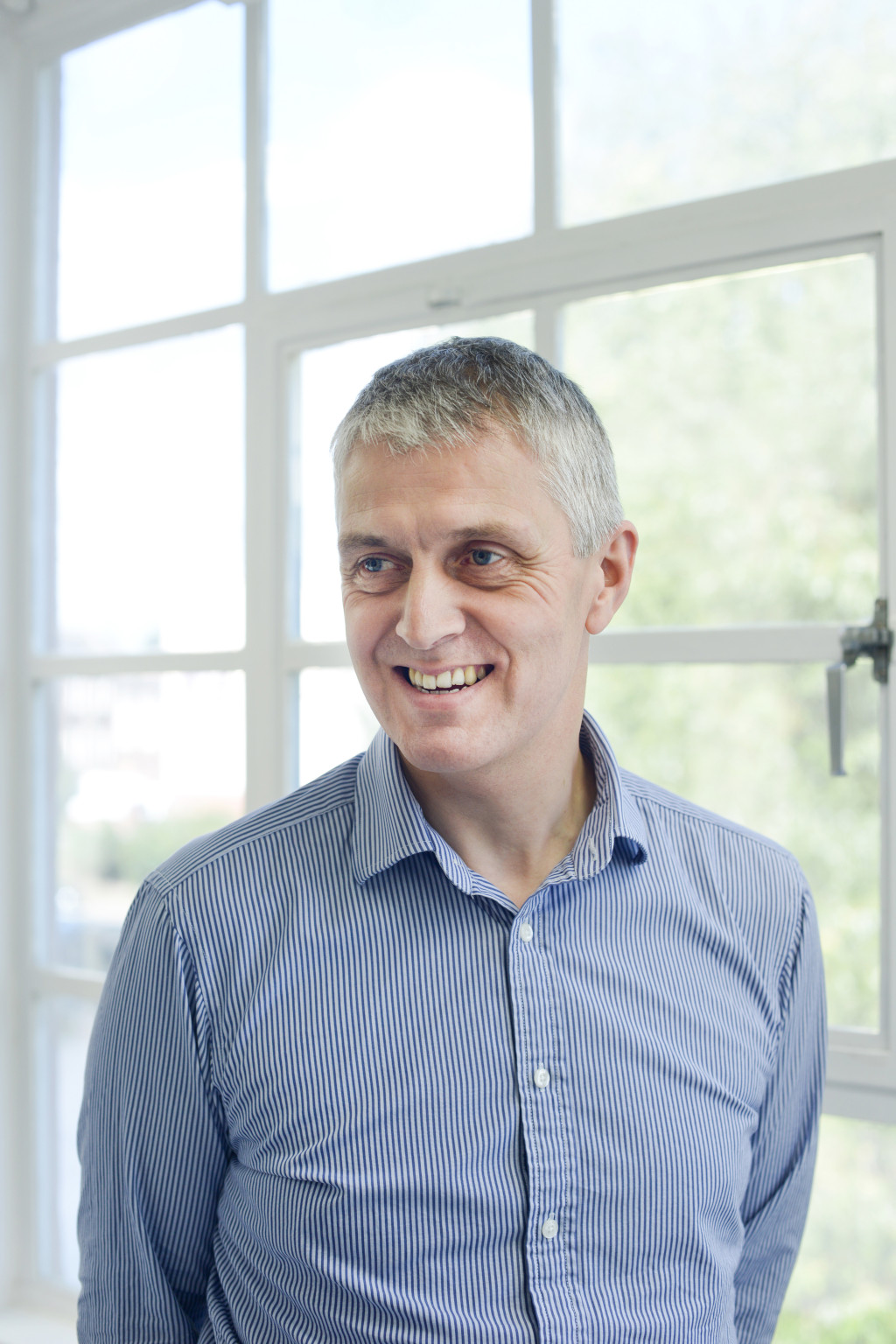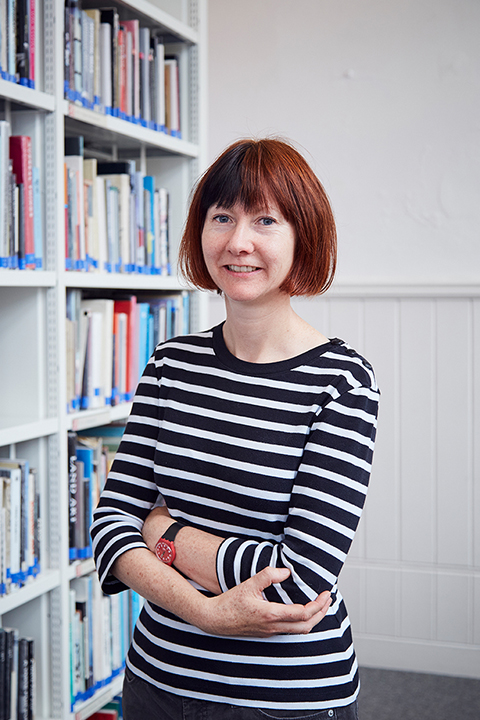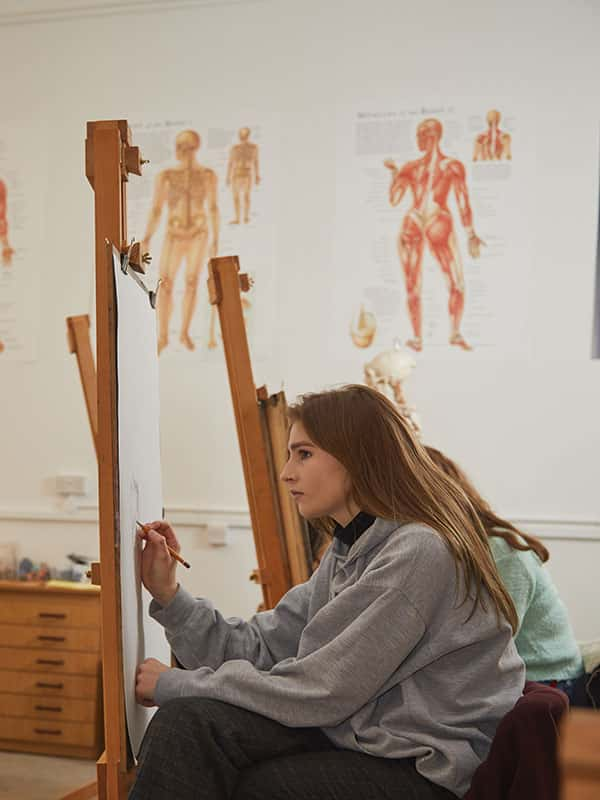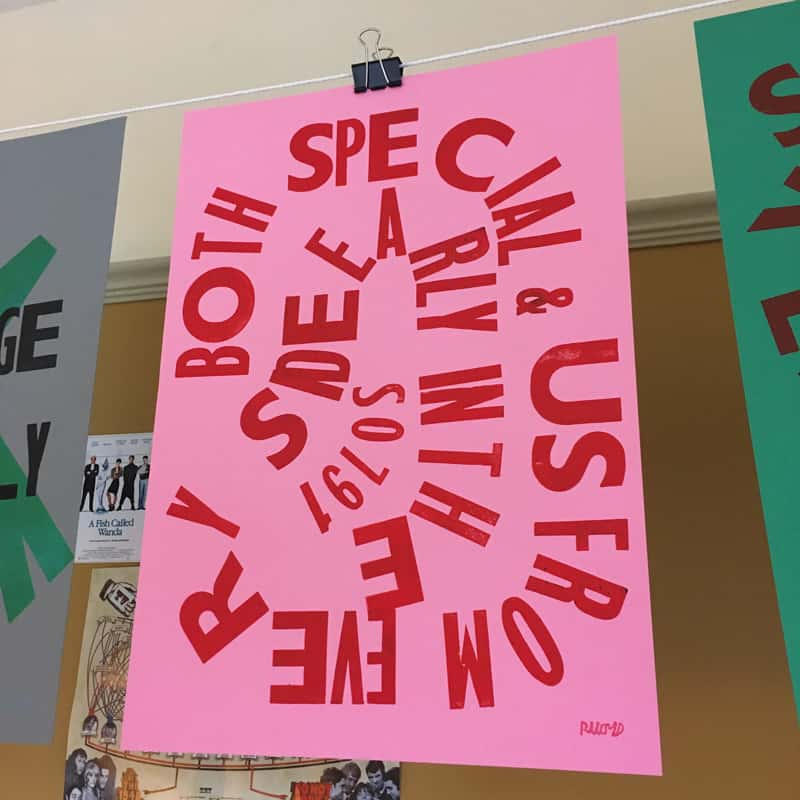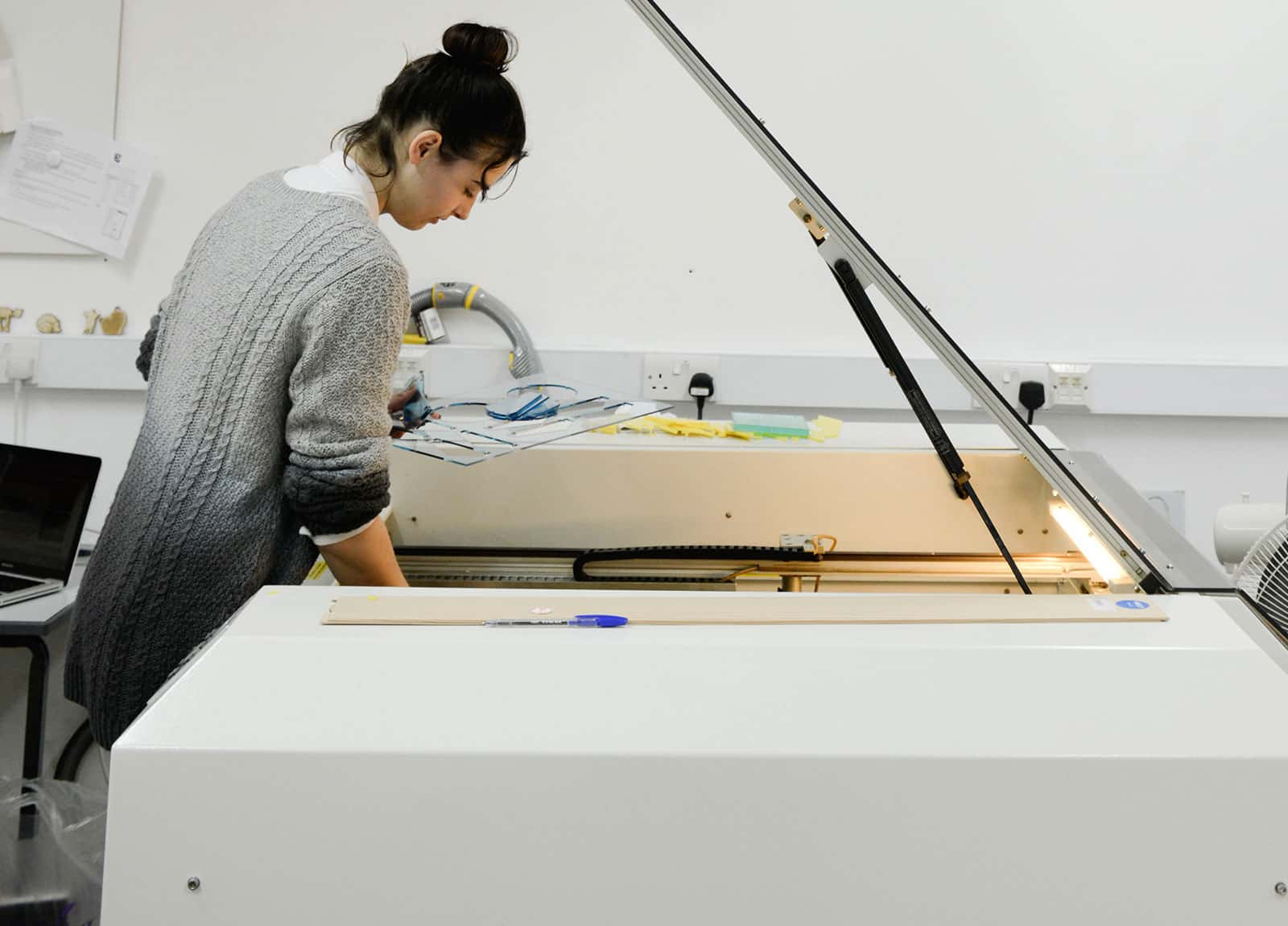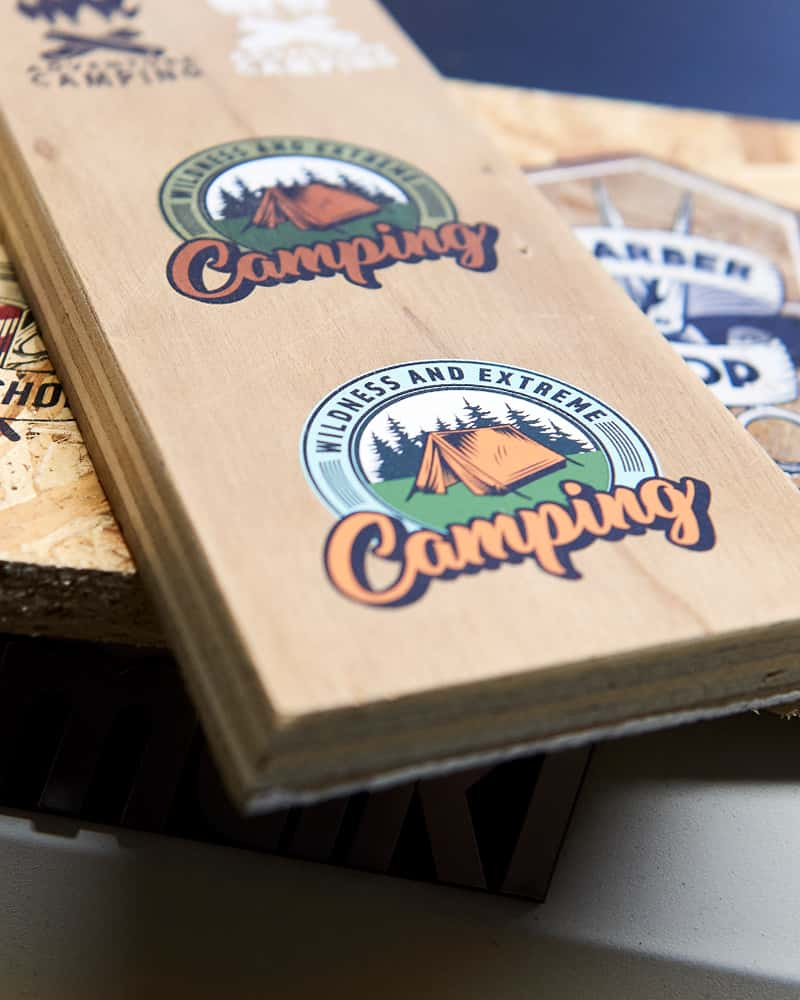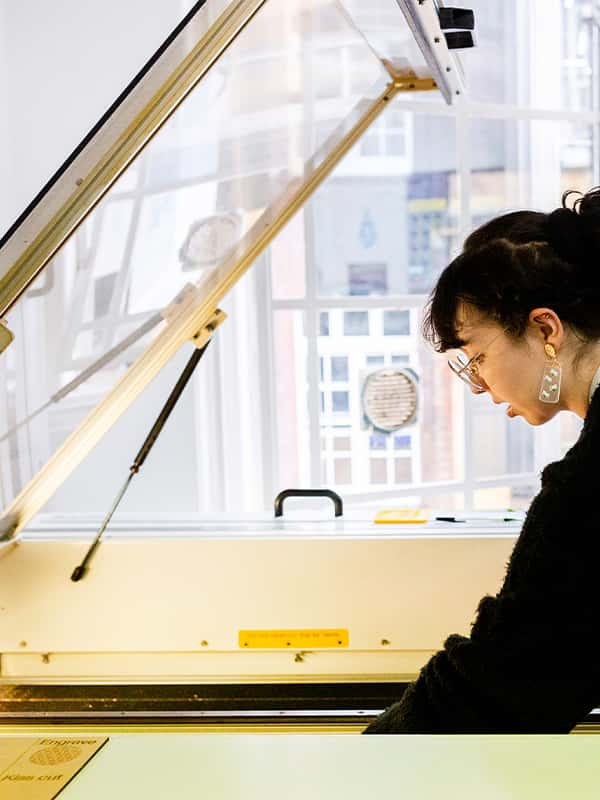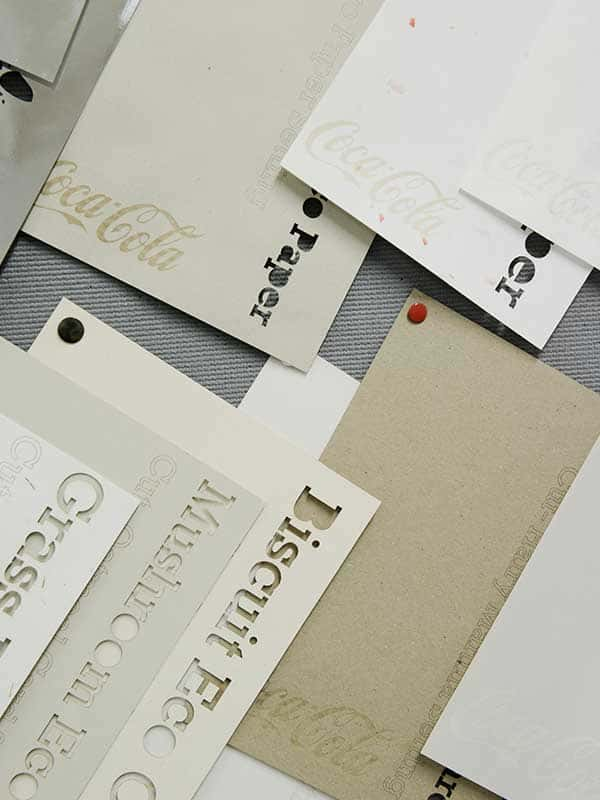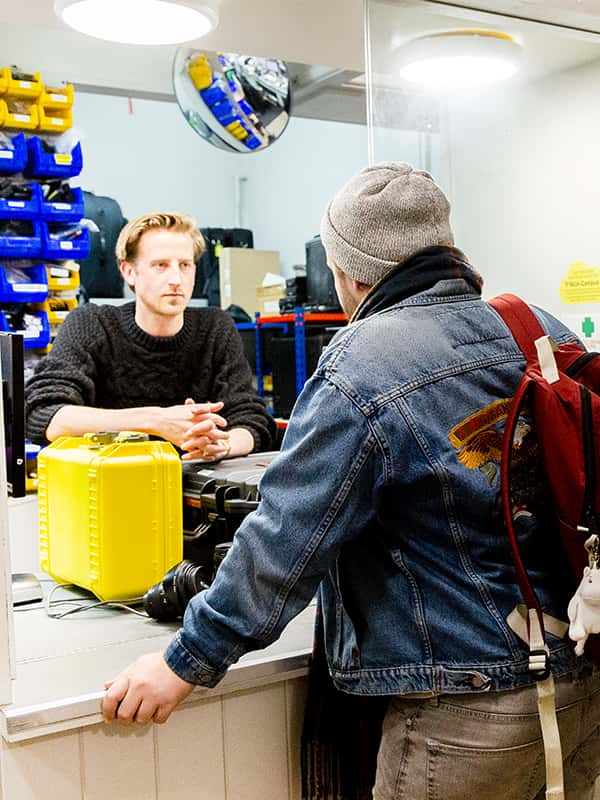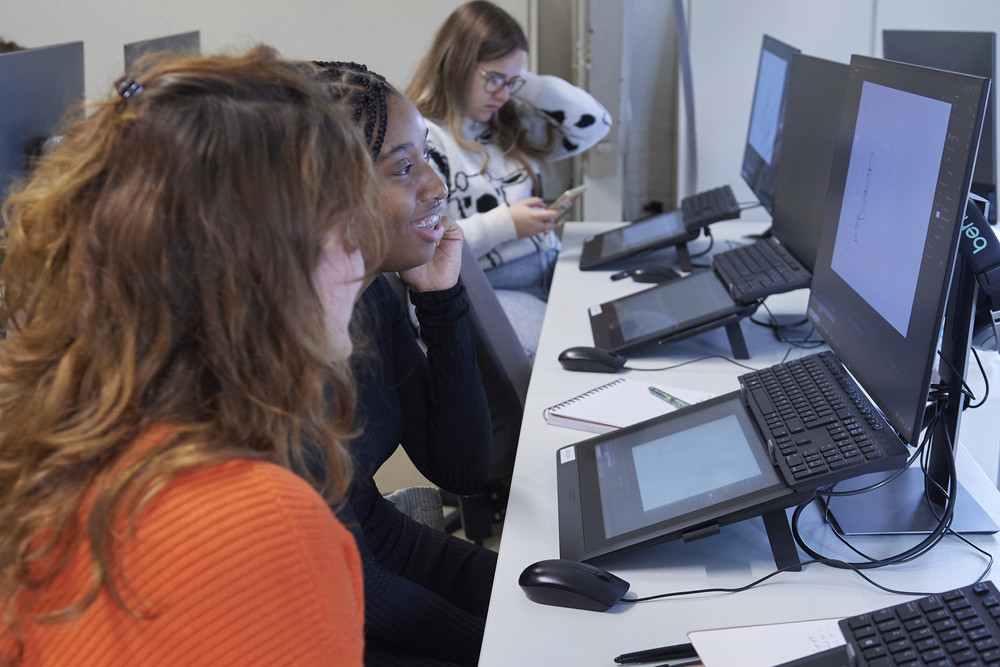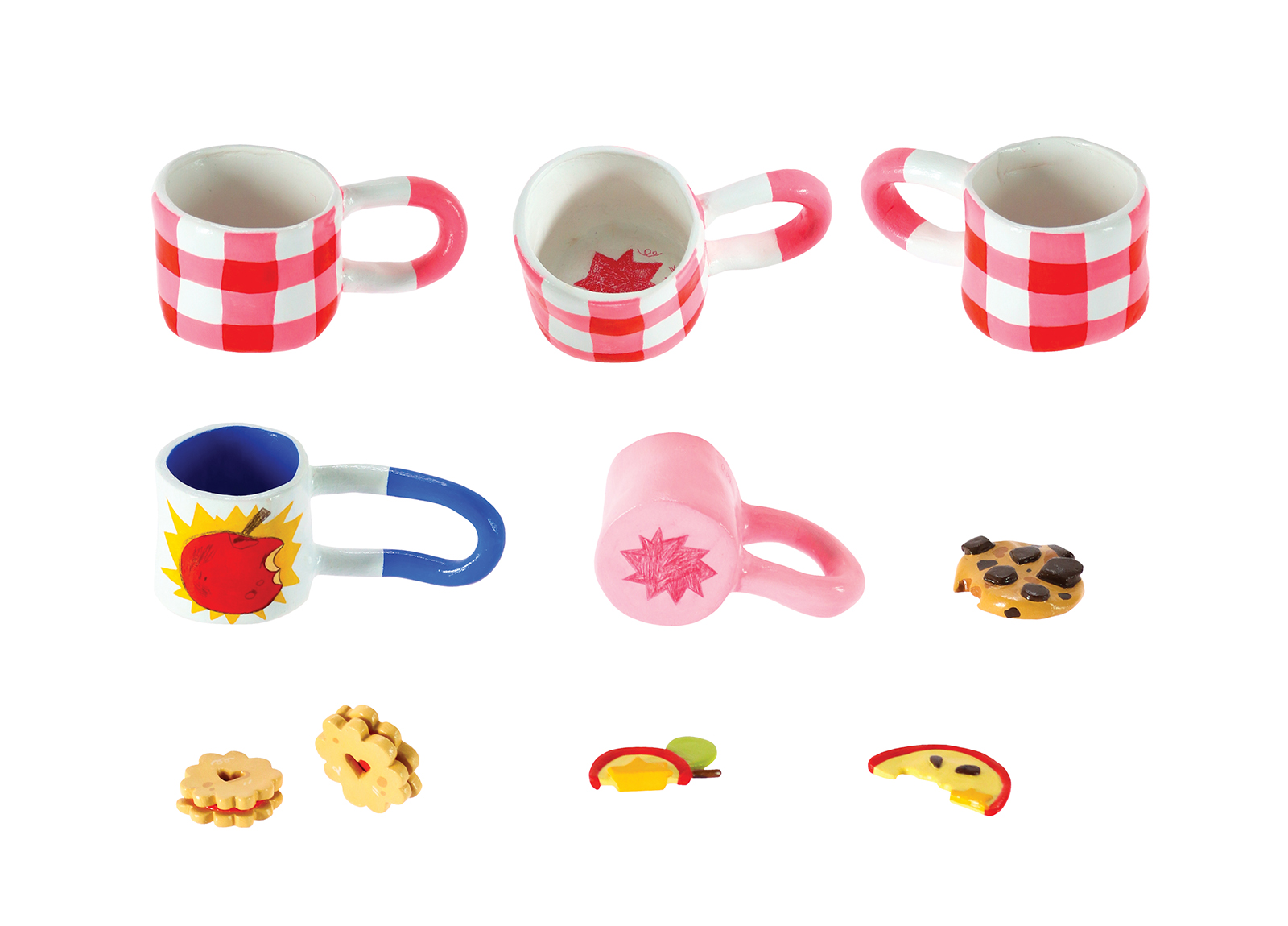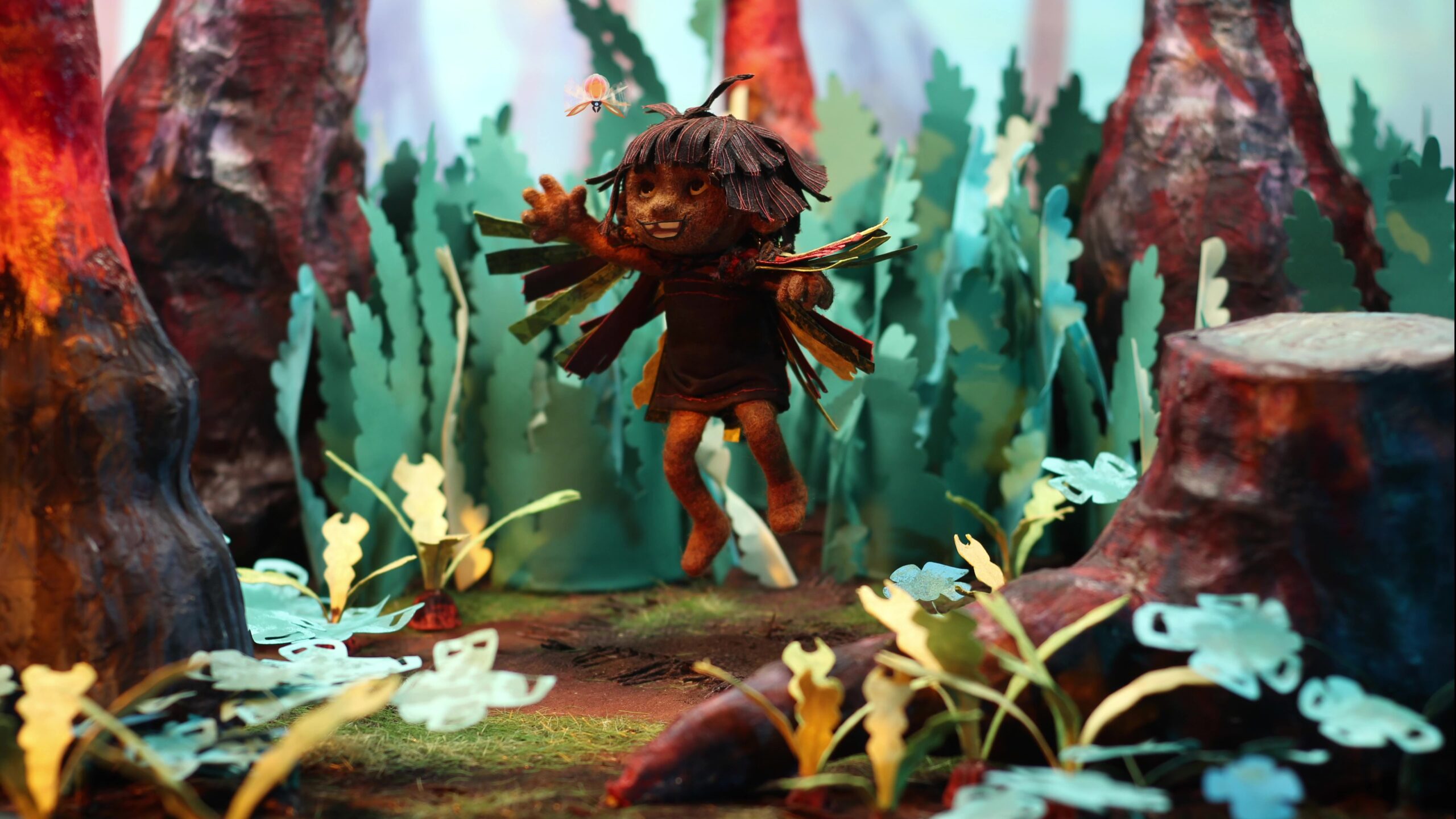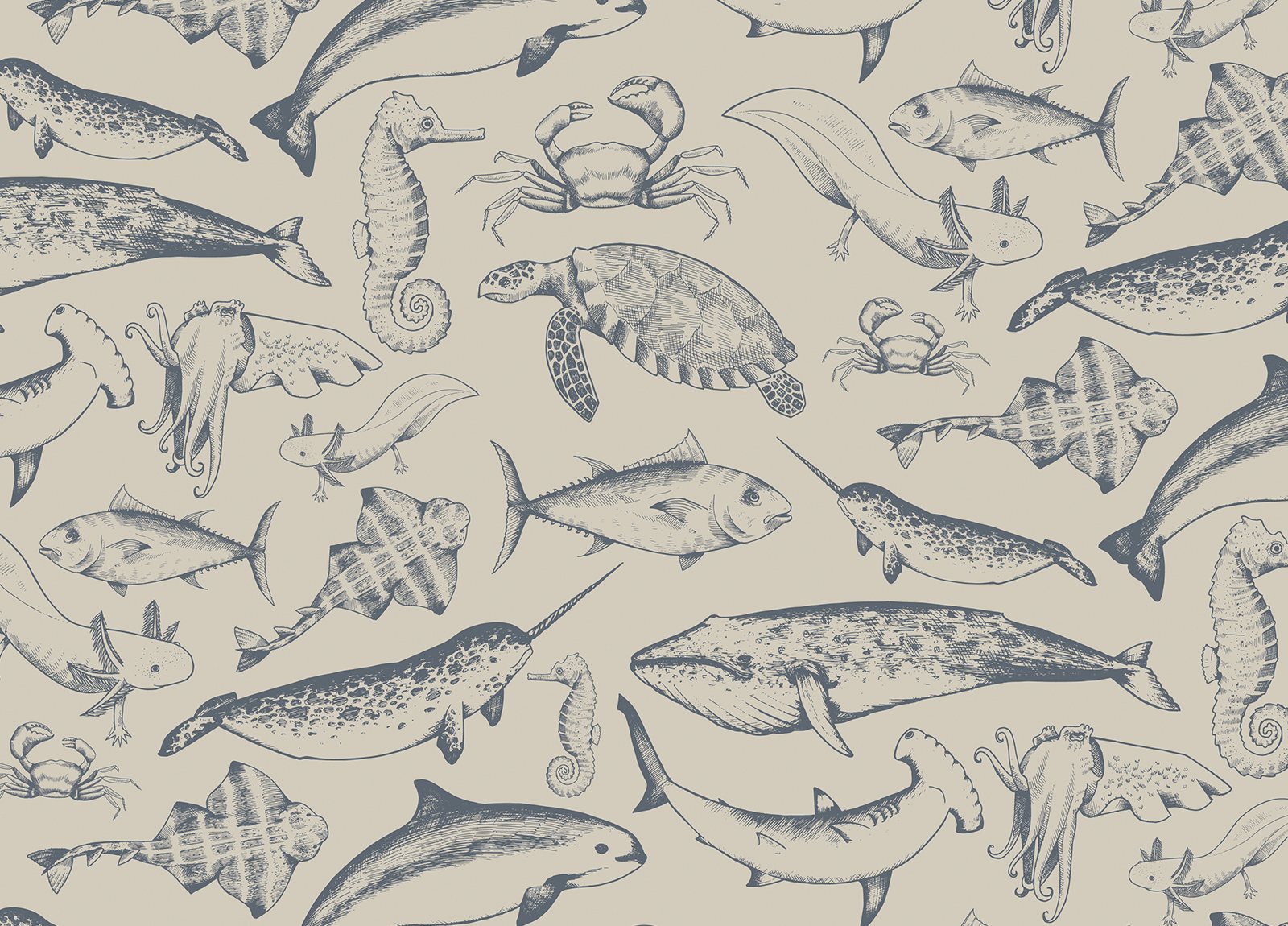
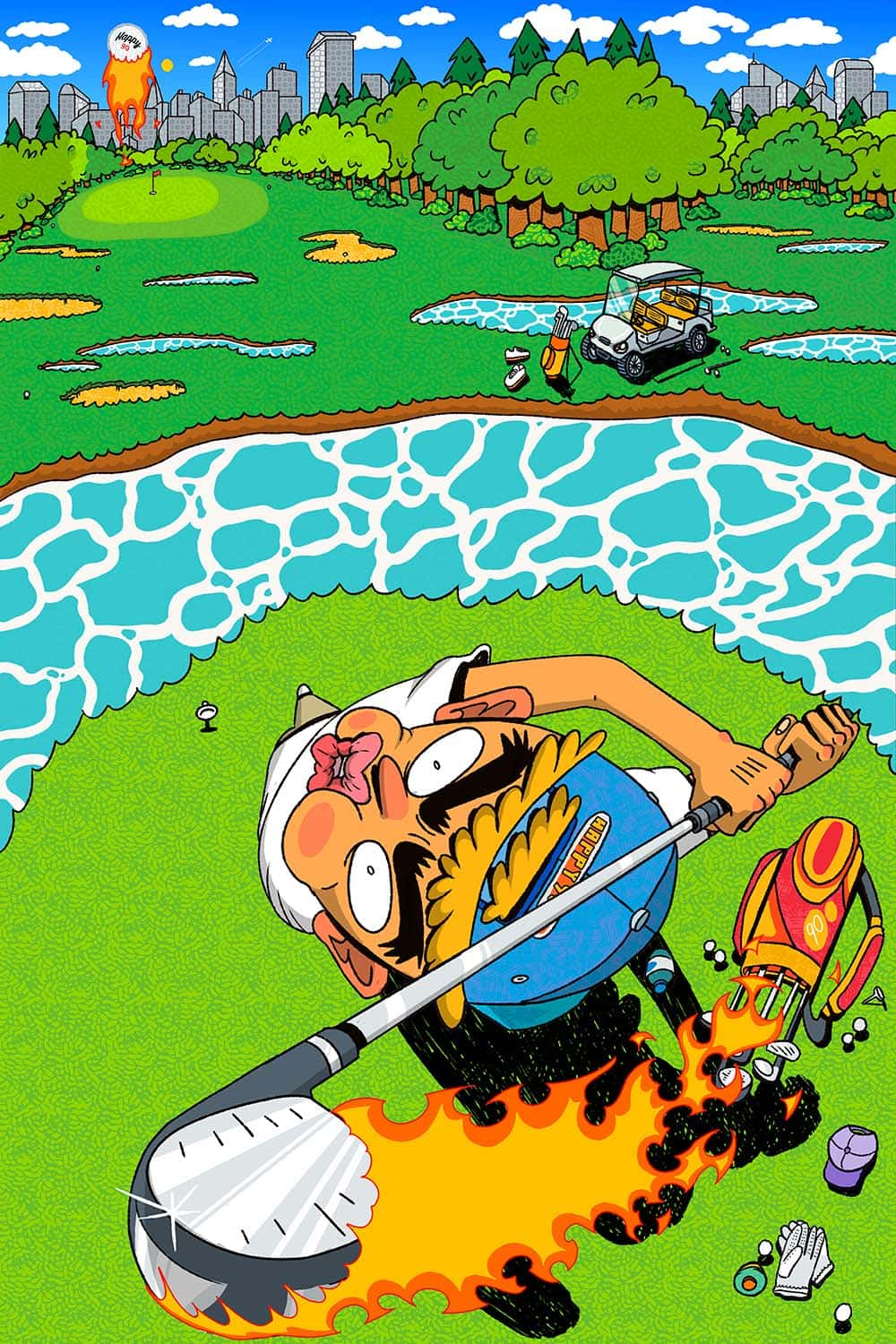
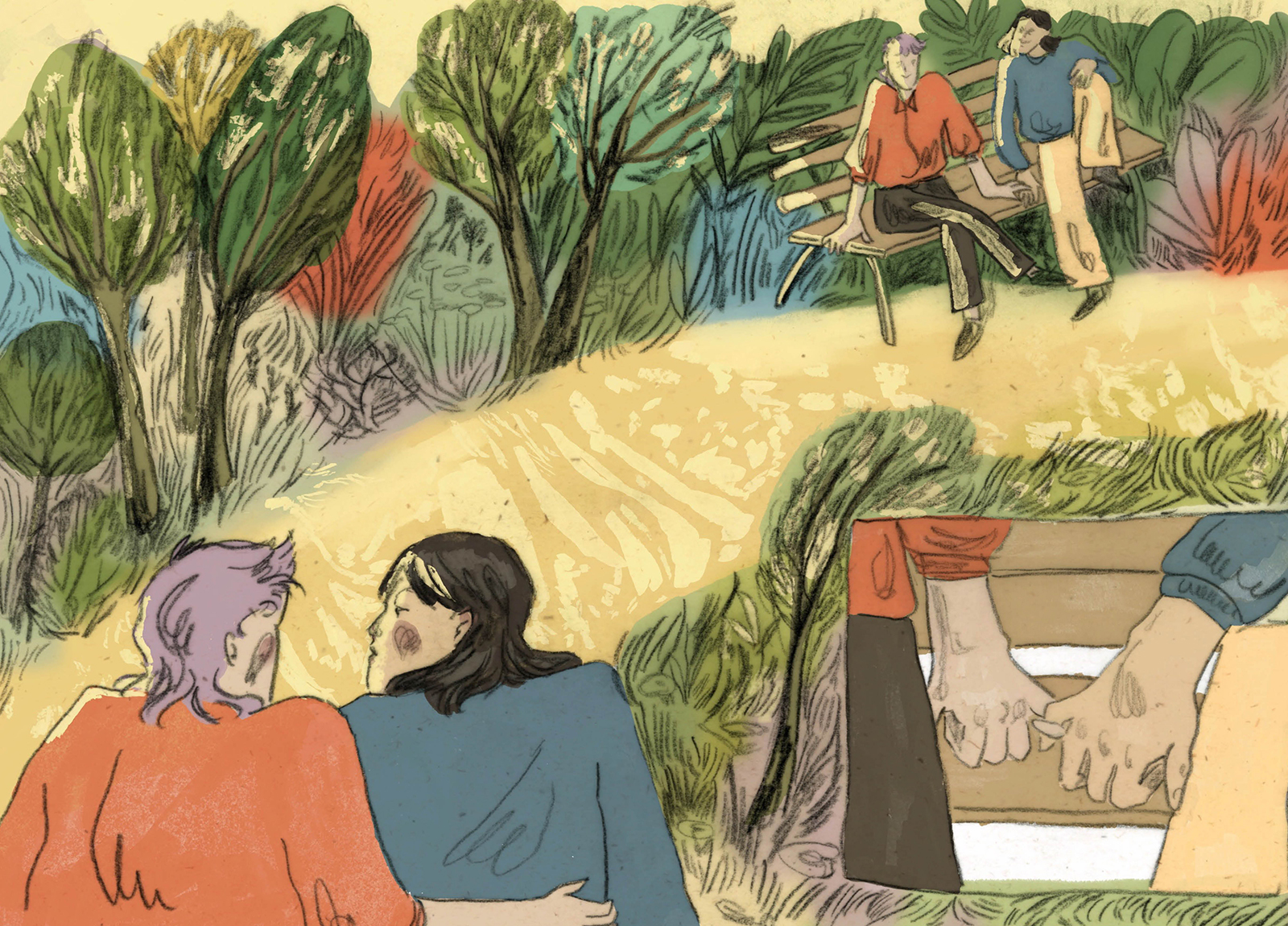
Illustration BA (Hons)
Experiment with different illustration mediums and tools as you build your creative identity and professional skills.
-
Course Duration
3 or 4 Year options
-
Course Options
- Diploma Year
- Intergrated Foundation Year
-
Typical Offer
104-120 UCAS Tariff Points
- How to Apply Request a prospectus
-
Annual Fees
- Home (full-time) £9,790
- Overseas (full-time) £18,860
-
UCAS code
- W220 (3 Year), W221 (4 Year)
- Institution code: N39
-
Course Start
September 2026
This course nurtures individuality and challenges conventional thinking, valuing the power of illustration to communicate through different media and creative applications. BA (Hons) Illustration is designed to inspires the development of a unique illustrative language with conviction and confidence, opening opportunities in freelance, publishing, design, education and further study.
Engaging in live projects, competitions and collaborations you’ll be immersed in real-world scenarios that prepare you for a successful career in illustration. Throughout the course, you will develop your own way of thinking about illustration, storytelling and the connection of images to text or the spoken word. We will help you develop your personal style as your expertise grows in drawing, print, collage, and multimedia.
You will explore visual storytelling and digital and analogue image-making: from the page to the screen, to installations and interactive experiences. Our support extends beyond the artistic realm to encompass practical insights into navigating the creative industries. We provide valuable advice on freelance careers freelance careers, employment and entrepreneurship, and practical tips on handling commissions and negotiating with clients.
Why study with us
-
Develop core skills and techniques through digital and analogue workshops including printmaking, laser cutting, photography and bookbinding along with essential training in industry standard digital software.
-
Understand drawing languages, observational drawing, mark-making, print, collage and multi-media processes.
-
Consider your work and how it is situated within a global context, develop your critical evaluation skills, and reflect on your creative practice with awareness of sustainable and responsible ways of thinking.
-
Learn to communicate and present ideas clearly to different audiences while developing critical evaluation skills to reflect on your creative practice in a global context.
-
Explore storytelling and representing your understanding of the changing world through a range of creative contexts.
-
Be inspired by industry visitors including agents and industry organisations such as Arena, The Artworks, Jelly London, The House of Illustration and the Association of Illustrators (AOI).
Course Details
Integrated Foundation Year (optional)
Integrated Foundation Year
Our Integrated Foundation Year is designed to equip students with the necessary skills, knowledge and confidence to thrive in their chosen degree subject. The course provides a comprehensive introduction to various disciplines, blending critical thinking and creative problem-solving with practical hands-on experience. This year serves as a bridge to undergraduate studies, allowing students to explore their interests within a supportive and inspiring environment, while familiarising themselves with the campus, workshops, and tutors.
Year 1
Core Units
Creative Learning (40 credits)
This unit provides you with a dynamic exploration of the fundamentals of illustration, such as observational drawing, mark-making, print, collage, and multi-media processes. You will learn about the ‘interpretation’ of subject matter from text and concepts into developed illustrations. You will explore observational, life-drawing, and location drawing, investigating perspective, depth of field, composition, scale, colour, and mark-making. You will be encouraged to experiment with your image-making including collage, assemblage, layering, text and image, and printmaking. Our technical workshops will explore digital drawing skills, tools, and software. You’ll be introduced to how illustration is used in industry and applied in different contexts.
40 credits
Explore and Experiment (80 credits)
This unit will encourage you to explore and experiment with a range of techniques, materials, and media. Through project work and workshops, you will explore a range of subject-specific technical and practical skills, including relief printing, digital drawing, layout, and bookbinding. You will experiment with storytelling through visual narrative and sequential design, interpreting text into storyboards. Through our design workshops and activities, you’ll explore the relationship between text, typography, image, and page layout design. You’ll study contemporary and historical illustration practices and develop knowledge and the application of global approaches to fundamental design principles used within contemporary illustration practices.
80 credits
Core Projects
Wayfinding Week
The first week of each academic year is called Wayfinding week. It’s an opportunity get your bearings, establish new connections and, after your first year at Norwich, re-establish old ones. Your course team will talk you through the year ahead and explain the expectations for the year. We’ll help you navigate new encounters and identify areas to focus on as you progress through your course.
Make it Manifest(o)
An important element of Wayfinding Week is taking part in our annual ‘Make it Manifest(o)’ project. Your course team will introduce the project in which we’ll ask you to consider your hopes and vision of the year ahead at Norwich and work with students in other year groups to bring your ideas to life. The project culminates in a celebratory display of work across the campus. The project will help you to develop your critical creativity through different approaches, concepts, and mediums. You’ll encounter diverse perspectives and build friendships and networks within our university community.
Interchange Weeks
Interchange weeks are opportunities to step away from your disciplinary studies and engage in projects, workshops, visits and talks that extend your knowledge and understanding of the world. Whether you learn a new skill or take part in a global challenge project with students from other courses, you will come away with new insights to take back to your course. Interchange is part of the schedule for all Norwich students with sessions held across and beyond the campus led by university staff, visiting lecturers and students.
Year 2
Core Units
Global Contexts (80 credits)
This unit will enable you to develop and advance your specialist knowledge and skills. You will consider a variety of contexts and audiences for your work, and how it is situated within a global context. The unit also supports you in making considered decisions about your future career through engagement with industry, such as competition entry and working with live briefs. Technical workshops will develop your digital and analogue skills and you will prepare for employment opportunities by developing self-promotional material, such as a CV and online presence. This unit will also explore the creative and cultural economy, and contemporary issues such as sustainability and how illustration can raise awareness.
80 credits
Collaboration (40 credits)
This unit focuses on helping you understand your practice in a wider context through collaboration and interdisciplinary working. Through active participation and working in collaboration with external partners or students from other courses, you will use creative ideas to generate solutions to a live brief. This collaborative learning experience will expose you to a range of new processes and approaches that will develop your creative thinking and decision making. Working with a range of production, print, and display methods, you will explore the process of exchanging ideas, establishing roles and responsibilities, team working, project planning, project management, and professional pitches and presentations.
40 credits
Core Projects
Wayfinding Week
The first week of each academic year is called Wayfinding week. It’s an opportunity get your bearings, establish new connections and, after your first year at Norwich, re-establish old ones. Your course team will talk you through the year ahead and explain the expectations for the year. We’ll help you navigate new encounters and identify areas to focus on as you progress through your course.
Make it Manifest(o)
An important element of Wayfinding Week is taking part in our annual ‘Make it Manifest(o)’ project. Your course team will introduce the project in which we’ll ask you to consider your hopes and vision of the year ahead at Norwich and work with students in other year groups to bring your ideas to life. The project culminates in a celebratory display of work across the campus. The project will help you to develop your critical creativity through different approaches, concepts, and mediums. You’ll encounter diverse perspectives and build friendships and networks within our university community.
Interchange Week
Interchange weeks are opportunities to step away from your disciplinary studies and engage in projects, workshops, visits and talks that extend your knowledge and understanding of the world. Whether you learn a new skill or take part in a global challenge project with students from other courses, you will come away with new insights to take back to your course. Interchange is part of the schedule for all Norwich students with sessions held across and beyond the campus led by university staff, visiting lecturers and students.
Diploma Year (optional)
Level 5 Diploma (120 credits)
Students have the opportunity to spend a year after the second of their degree (or the third year if studying for a degree with an Integrated Foundation Year) enhancing their employability options through a Level 5 Diploma. They can choose from courses designed to provide:
- opportunities to gain industry insight, developing employability skills through a series of supported experiences, expanding professional networks and building confidence in the workplace, or
- an introduction to creative computing, building an understanding of how coding skills can be used to advance and complement creative practice.
Final Year
Core Units
Research and Preparation (40 credits)
This is the first and shorter of the two units that make up your final year of study. Your work will include briefs, both set and self-initiated, including competition briefs set by established professional bodies, as well as ‘live’ client’ briefs set by industry partners and practitioners. As you advance your practice, you will be involved in studio, academic, and technical workshops, including type and image, visual identity, narrative, sequential, and print/digital design. The unit allows you to identify, investigate, and plan a self-determined, critical research project, culminating in a 5,000-word written report. You’ll apply various research methods and methodological approaches, informed by your approach to your creative practice and future career aspirations.
40 credits
Resolution and Career Development (80 credits)
Your final unit allows you to create a bespoke professional portfolio developed from your final year projects and aligned to your personal and professional goals. Your research will inform your developing ideas and resolved outcomes in relation to the wider context of contemporary illustration practice, theory, techniques, and ideas, you have explored in previous units. Career development planning and academic workshops will focus on your social media presence, self-promotion, portfolio design, and digital presence. These study areas will combine your subject specialist and industry knowledge with your creative vision to produce a resolved and professional body of practice, so that you are industry-ready once you graduate.
80 credits
Core Projects
Wayfinding Week
The first week of each academic year is called Wayfinding week. It’s an opportunity get your bearings, establish new connections and, after your first year at Norwich, re-establish old ones. Your course team will talk you through the year ahead and explain the expectations for the year. We’ll help you navigate new encounters and identify areas to focus on as you progress through your course.
Make it Manifest(o)
An important element of Wayfinding Week is taking part in our annual ‘Make it Manifest(o)’ project. Your course team will introduce the project in which we’ll ask you to consider your hopes and vision of the year ahead at Norwich and work with students in other year groups to bring your ideas to life. The project culminates in a celebratory display of work across the campus. The project will help you to develop your critical creativity through different approaches, concepts, and mediums. You’ll encounter diverse perspectives and build friendships and networks within our university community.
Interchange Weeks
Interchange weeks are opportunities to step away from your disciplinary studies and engage in projects, workshops, visits and talks that extend your knowledge and understanding of the world. Whether you learn a new skill or take part in a global challenge project with students from other courses, you will come away with new insights to take back to your course. Interchange is part of the schedule for all Norwich students with sessions held across and beyond the campus led by university staff, visiting lecturers and students.
Download course specifications
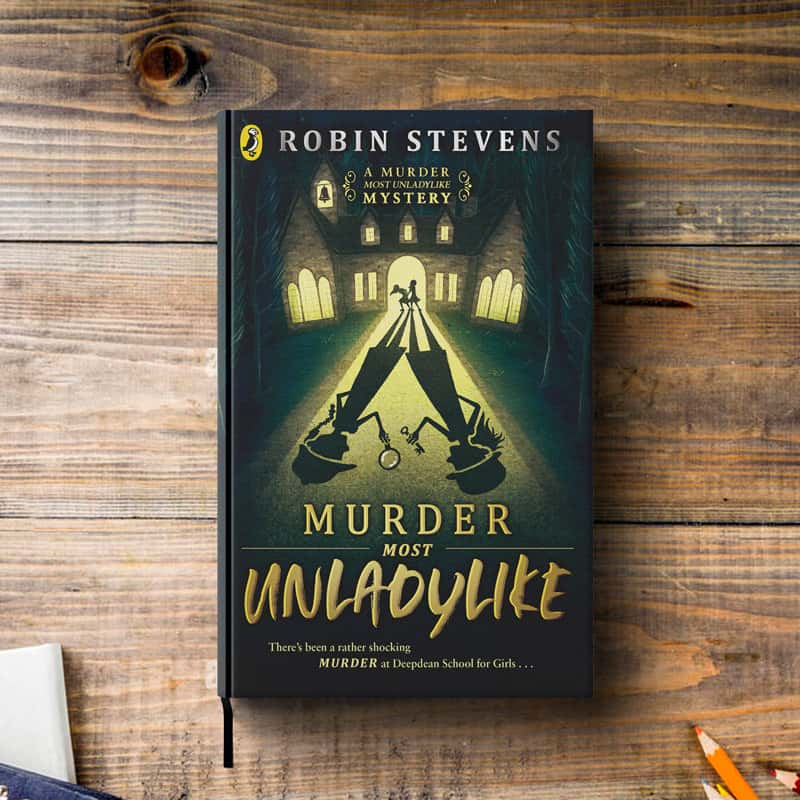
Learning and teaching
This course is taught through a mixture of learning and teaching methods including:
-
Group briefings
-
Academic tutorials
-
Group tutorials
-
Workshops
-
Critiques (crits)
-
Seminars
-
Lectures
Assessment
Assessment for this course is entirely coursework-based, meaning there are no exams. Your progress will be evaluated through the projects and assignments you complete for each unit. Throughout the year, you’ll receive ongoing feedback to help you refine your work and develop your skills. To support your learning and ensure you achieve the course outcomes, we use a variety of assessment methods, including:
- Finished pieces of work
- Presentations
- Written work
- Your research
- A reflective journal
Some of the people you’ll be working with
Our Facilities
Look around our city-centre campus, and you will find studios, media labs, and creative spaces in 13 buildings that sit among the cafés, bars, independent galleries and shops of Norwich’s cultural quarter.
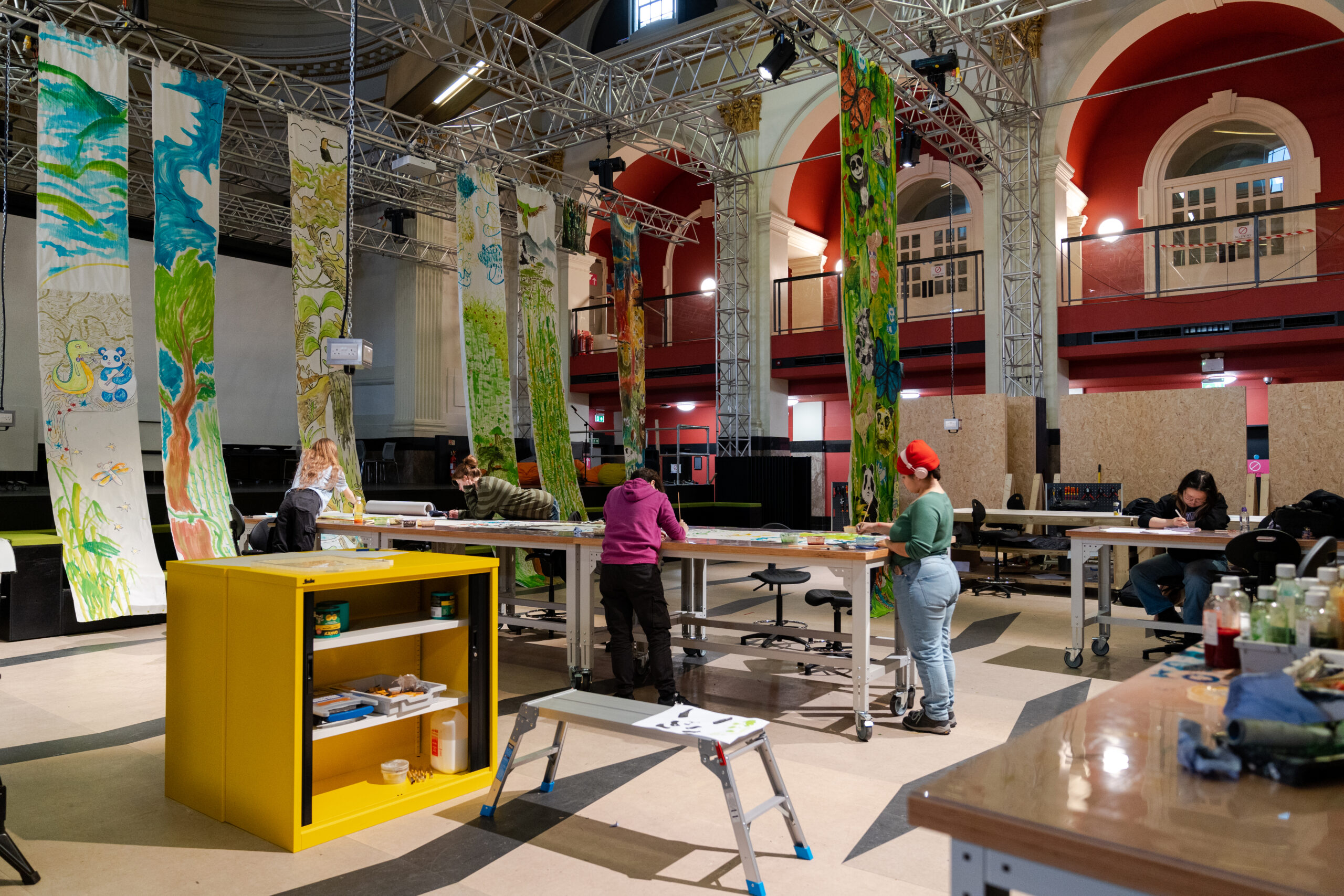
Typical career paths
Our graduates head into jobs at globally recognised organisations including the BBC, MTV the V&A, get roles as designers at publishing houses such as Little Brown, Hachette, Harper Collins and Penguin Random House and at creative agencies such as Havas Lynx and Mullen Lowe. Many enjoy success as freelance illustrators.
- Freelance illustrator
- Self-publisher
- Printmaker
- Designer
- Picture book designer
- Public artist
- Artist in residence
- Book publisher
- Animator
- Filmmaker
- Curator
- Director
- Editorial publisher
- Gallery assistant
- Illustration agent
“92% of our graduates are in employment or further education within six months of graduating”
Graduate Outcomes 2021
Entry requirements
Home
Norwich University of the Arts welcomes applicants of all ages from all backgrounds.
If the qualification that you are studying is not shown, do not worry as we are able to accept other pre-entry qualifications as well as combinations of different qualifications.
Please do contact our Student Recruitment Team if you have any queries.
A/AS Levels (GCE)
GCE A/AS Levels 3 A-level qualifications at grades BCC (104 UCAS Tariff points) or above. Where candidates are not taking 3 A-levels, Norwich University of the Arts will consider combinations of A-level/AS-level and other Level 3 qualifications.
BTEC Extended Diploma (QCF or RQF)
Distinction, Merit, Merit in an art, design or media related subject
BTEC Diploma (QCF or RQF)
Distinction*, Distinction* in an art, design or media related subject
T Levels
A T Level in any subject with overall grade A* to C (Pass)
UAL Extended Diploma
Merit
UAL Level 3 Foundation Diploma in Art and Design
Pass
UAL Level 4 Foundation Diploma in Art and Design
Pass
Foundation Diploma in Art and Design
Pass
Access to Higher Education Diploma (Art and Design)
Pass
International Baccalaureate Diploma
A minimum of 26 points
Integrated foundation year (optional)
Norwich University of the Arts welcomes applicants of all ages from all backgrounds.
If the qualification that you are studying is not shown, do not worry as we are able to accept other pre-entry qualifications as well as combinations of different qualifications.
Please do contact our Student Recruitment Team if you have any queries.
A/AS Levels (GCE)
GCE A/AS Levels 2 A-level qualifications at grades CC (64 UCAS Tariff points) or above.
BTEC Extended Diploma (QCF or RQF)
Merit, Merit, Pass in an art, design or media related subject
BTEC Diploma (QCF or RQF)
Distinction*, Merit in an art, design or media related subject
T Levels
Pass (D or E on the core)
UAL Extended Diploma
Pass
UAL Level 3 Foundation Diploma in Art and Design
Pass
UAL Level 4 Foundation Diploma in Art and Design
Pass
Foundation Diploma in Art and Design
Pass
International Baccalaureate Diploma
A minimum of 26 points
Overseas
We accept qualifications from all over the world.
To find our entry requirements from a specific country, please check our dedicated international pages.
English language qualifications
Most international students are required to hold an English language qualification. Applicants are required to have a minimum UKVI approved IELTS exam score of 6.0 overall, with a minimum of 5.5 in each section. Equivalent English language qualifications are acceptable such as, IB English language syllabus A or B/English Literature (Grade 4).
We also accept some alternative English qualifications. Learn more about our English entry requirements.
You can email us on international@norwichuni.ac.uk if you’d like to discuss your application individually.
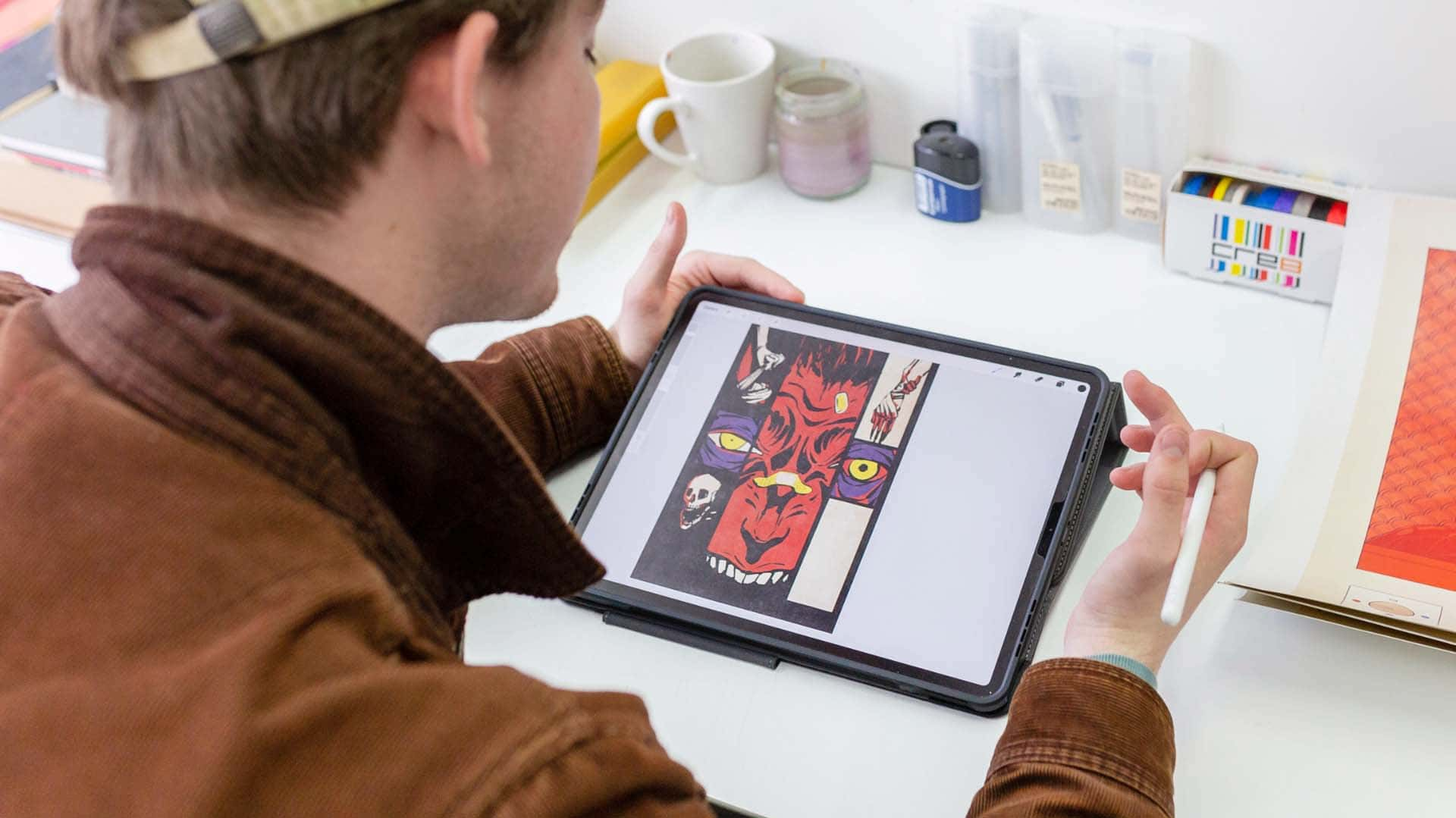
Fees and funding
Home
Tuition fees for the 2026/27 academic year
- BA course (three year): £9,790 per year
- Integrated Foundation Year (optional): £9,790 per year
- Level 5 Diploma Year (optional): £9,790 year
The level of fee that you will be asked to pay depends on whether you’re classed as a UK (home) or international student. Check your fee status.
Fees for subsequent years
Tuition fees may increase in subsequent years in line with inflation, subject to government regulations. The inflation rate used is expected to be the Retail Price Index excluding mortgage payments (RPIX). We would confirm this in advance to you of each academic year.
Find our more about fees and funding
Funding your study
Depending on your circumstances, you may qualify for a bursary, scholarship or loan to help fund your study and enhance your learning experience.
International
Tuition fees for the 2026/27 academic year
- BA course (three year): £18,860
- Integrated Foundation Year (optional): £18,860
- level 5 Diploma year (optional): £18,860
The level of fee that you will be asked to pay depends on whether you’re classed as a UK (home) or international student. Check your fee status.
Fees for subsequent years
For Overseas students starting in 2026 inflation will be applied to your fees in later years. We will confirm this in advance to you of each academic year, and we will limit the increase to no more than the Office for Students’ recommended inflationary measure.
Find our more about fees and funding
Funding your study
Please take a look at our International students page for information about fees, scholarships for international students, visas and much more.
Additional costs
Your course fees cover the cost of studies, and include loads of benefits, such as the use of our library, support from our expert employability team, access to workshops and free use of the IT equipment across our campuses. There are also other costs which you may need to consider.
How to apply
Home
All applications for undergraduate courses will need to be made via the Universities and Colleges Admissions Service (UCAS).
You’ll need our university UCAS code (N39) as well as your course code which you’ll find on your course page.
When you register with UCAS you will need include your previous and current qualifications information, personal statement, and reference.
Once we receive your application form through UCAS, we will email confirmation that we have received it and will give you access and instructions for logging into the applicant portal. Our decision will be communicated via UCAS.
Applying for an undergraduate degreeInternational
Full-time Undergraduate International applicants can either apply via UCAS or directly by completing the online application form below or emailing the downloadable form to ioadmissions@norwichuni.ac.uk
Online Application Form (opens in a new window)For further support for international applicants applying for an undergraduate degree view our international pages.
-
Maisy Dainty
Illustration BA (Hons)
Sophie Leven
Illustration BA (Hons)
Ella Field
Illustration BA (Hons)
Victoria Reeves
Illustration BA (Hons)

-
“The biggest development I’ve had at Norwich is really understanding who I am as an illustrator, and what my personal practice is.”
Tamara Asidi
BA (Hons) Illustration
Read Tamara’s blog
Latest news
-
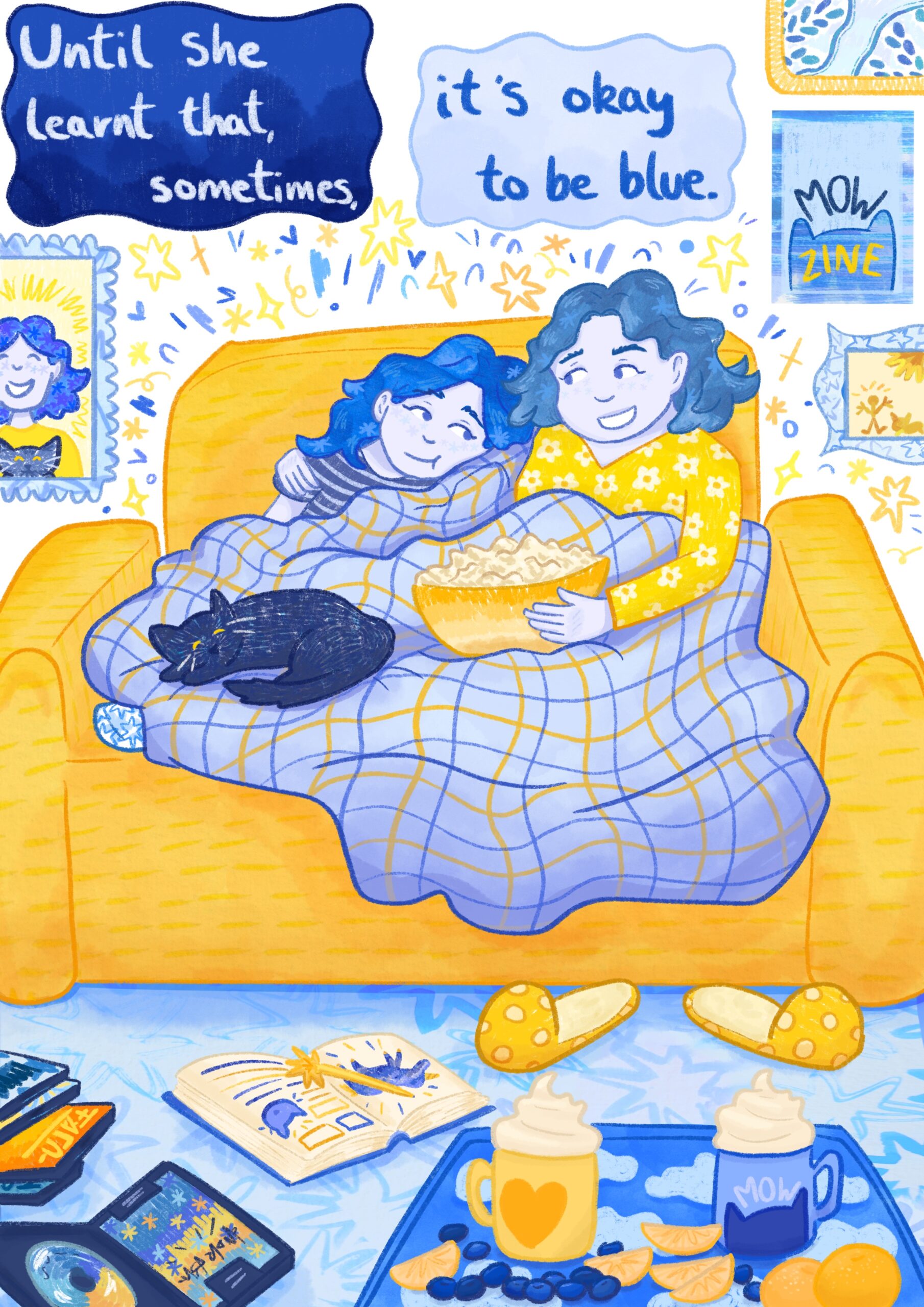 BA Illustration •
BA Illustration •In conversation with Gabriella Mason, BA (Hons) Illustration
Gabriella discusses how her creative practice and wider University experience has helped to manage and communicate topics around mental health. -
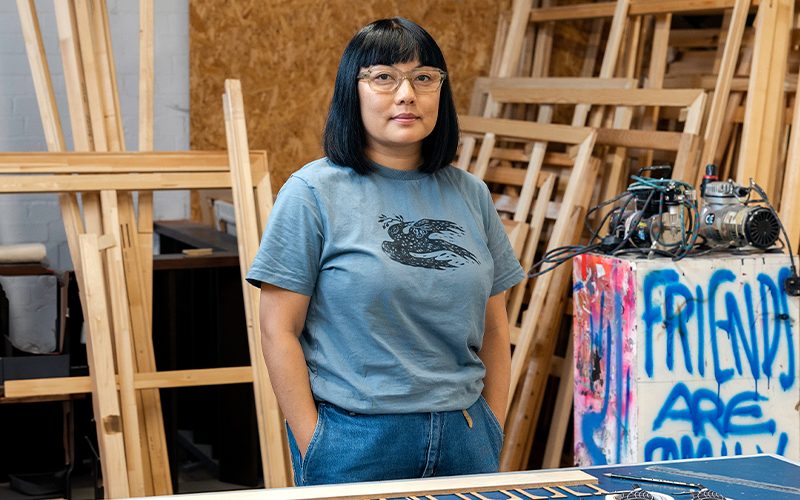 BA Illustration •
BA Illustration •In conversation with: Alice Lee, BA (Hons) Illustration lecturer
Alice reflects on her recent residency at Moosey Art Gallery -
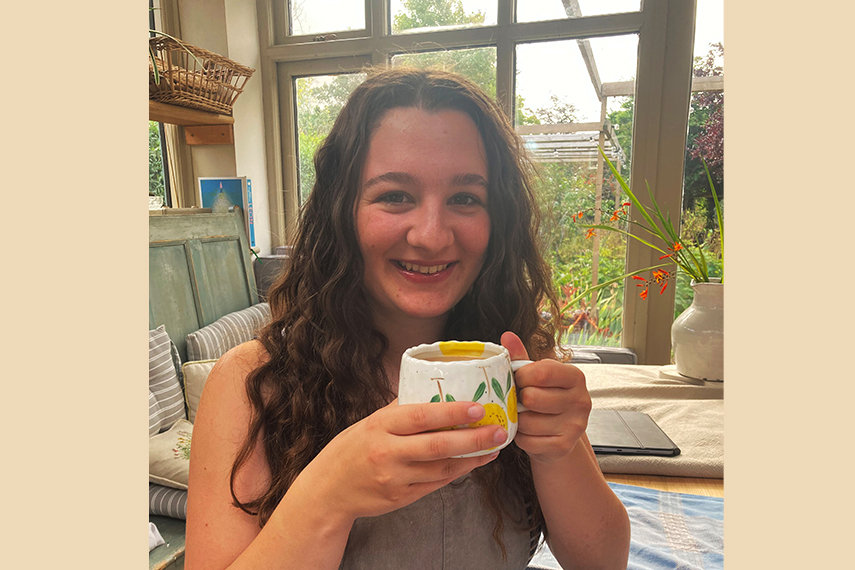 Accommodation blogs •
Accommodation blogs •Packing for student life: Essential tips for accommodation
Student Ambassador Jasmine tells us about her top tips for moving into student accommodation. -
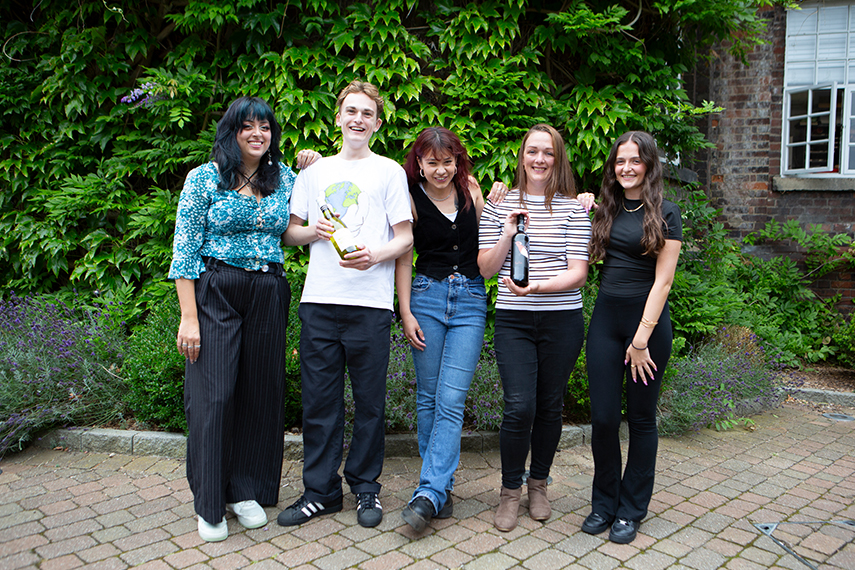 BA Illustration •
BA Illustration •Norwich BA (Hons) Illustration students collaborate with Virgin Wines
Virgin Wines to launch five wines with labels designed by Norwich BA (Hons) Illustration students. -
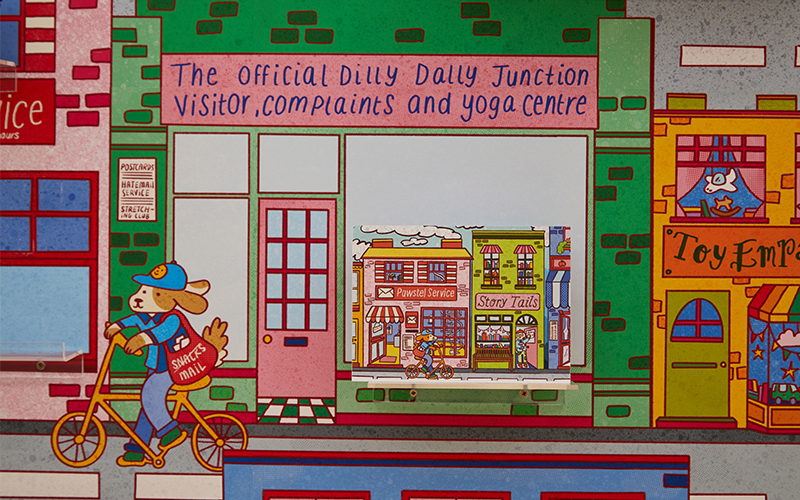 BA Illustration •
BA Illustration •Norwich students honoured at New Designers
Congratulations to BA (Hons) Textile Design and BA (Hons) Illustration students -
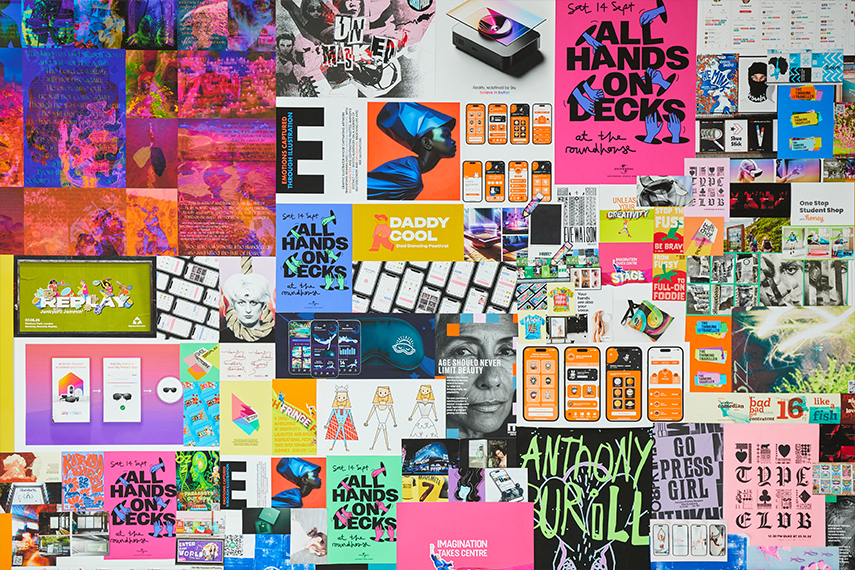 BA Design for Publishing •
BA Design for Publishing •Award wins for Norwich students and graduates
A round up of the recent success from our award-winning community. -
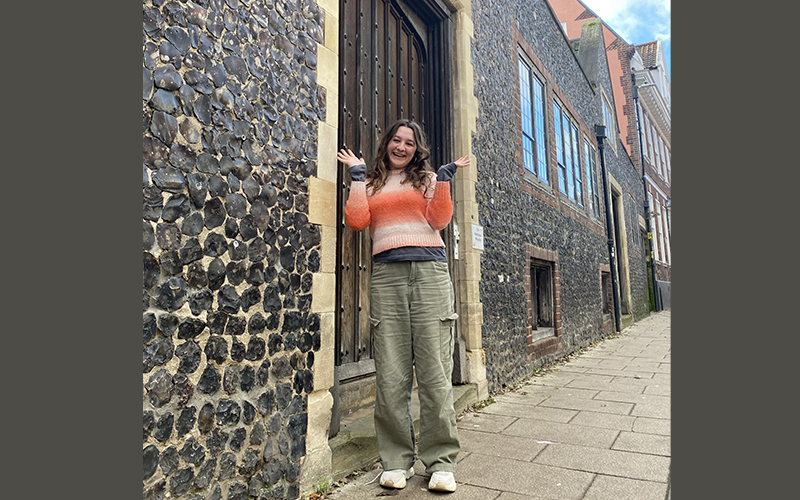 BA Illustration •
BA Illustration •Jasmine Salterpicco: My experience on the Creative Professional Development diploma
Jasmine discusses why she embarked on the diploma and what she gained from the experience. -
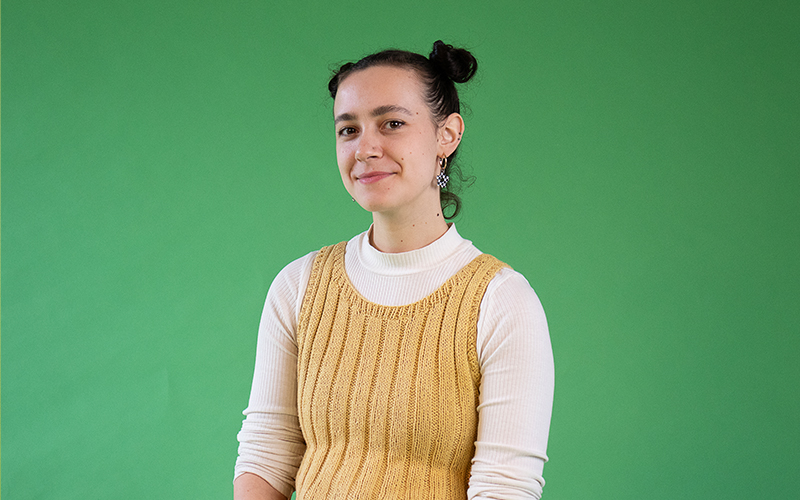 BA Illustration •
BA Illustration •In conversation with: Indianna Williams, BA (Hons) Illustration
Indianna talks to us about studying in Norwich and experimenting with augmented reality. -
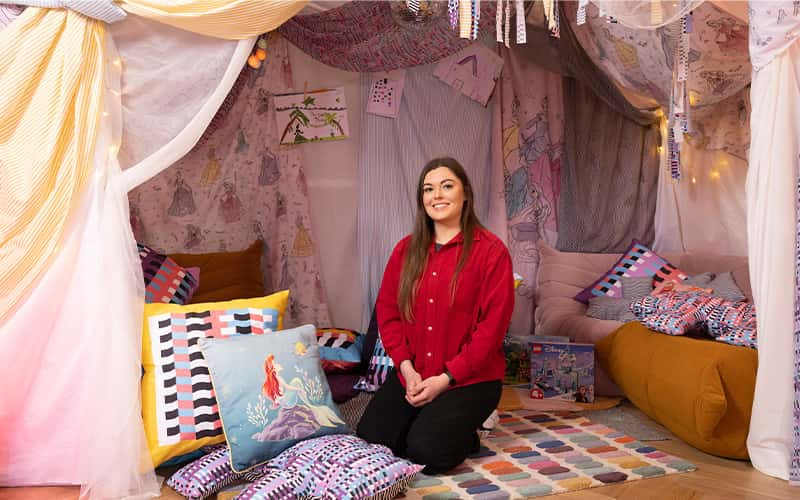 Alumni •
Alumni •In conversation with alumni Coco Lom
In conversation with Coco Lom, BA (Hons) Illustration graduate -
 BA Illustration •
BA Illustration •In conversation with: Maisy Dainty
In conversation with Maisy Dainty. -
 BA Acting •
BA Acting •Take a look back at Norwich University of the Arts Graduation 2023
Explore photos and memories from our two-day graduation celebrations in this photo blog. -
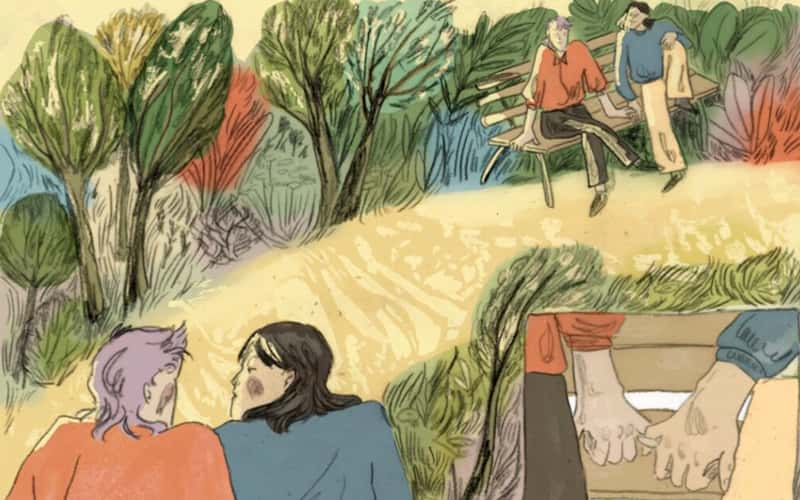 BA Fine Art •
BA Fine Art •Three students shortlisted for The Batsford Prize 2023
Students from Textile Design, Fine Art and Illustration have been shortlisted for the award. -
 Alumni •
Alumni •Illustration graduate Matthew Brazier, talks to us about his freelance career
Illustration alumni Matthew Brazier discusses his career to date and shares his advice to students. -
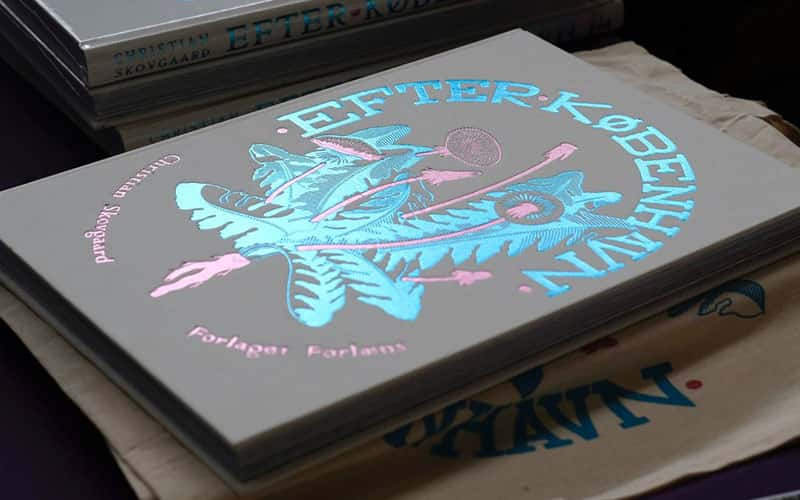 BA Illustration •
BA Illustration •Illustration lecturer’s book wins Denmark’s Most Beautiful Book competition
Illustration lecturers, Christian Petersen's book wins Denmark's Most Beautiful Book competition -
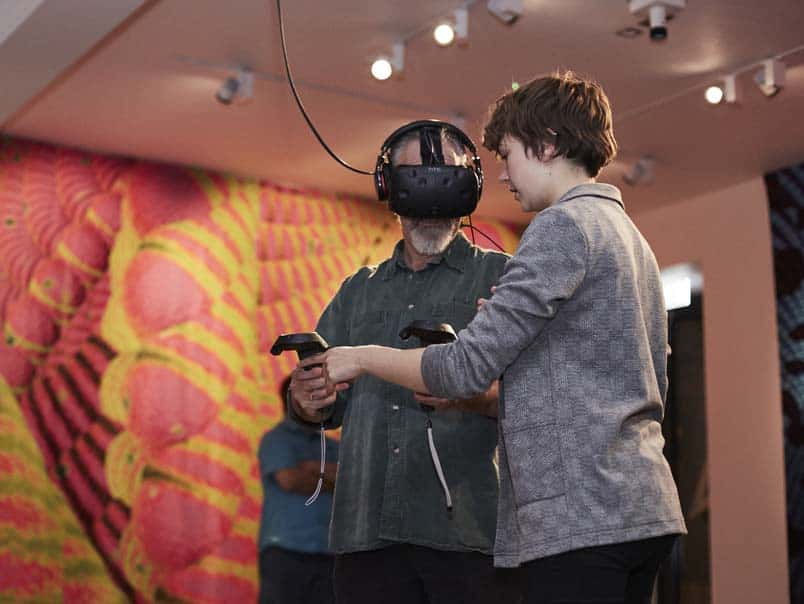 BA Games Art and Design •
BA Games Art and Design •Norwich University of the Arts ranks Top 20 in Rookies Global School Rankings
The university has ranked 19th in Best Concept Art and Illustration and 44th in Creative Media. -
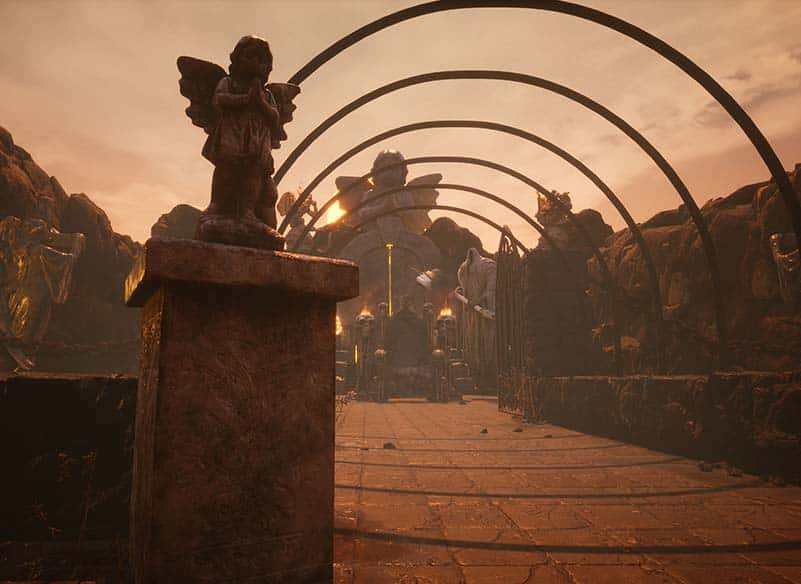 Alumni •
Alumni •Ten graduates shortlisted in GUCCI Global Design Graduate Show
Graduates' portfolios across our creative media courses have been shortlisted in a global showcase.
Related courses
Discover our courses and take the first step towards unleashing your potential
-
Visit the Fine Art BA (Hons) course page
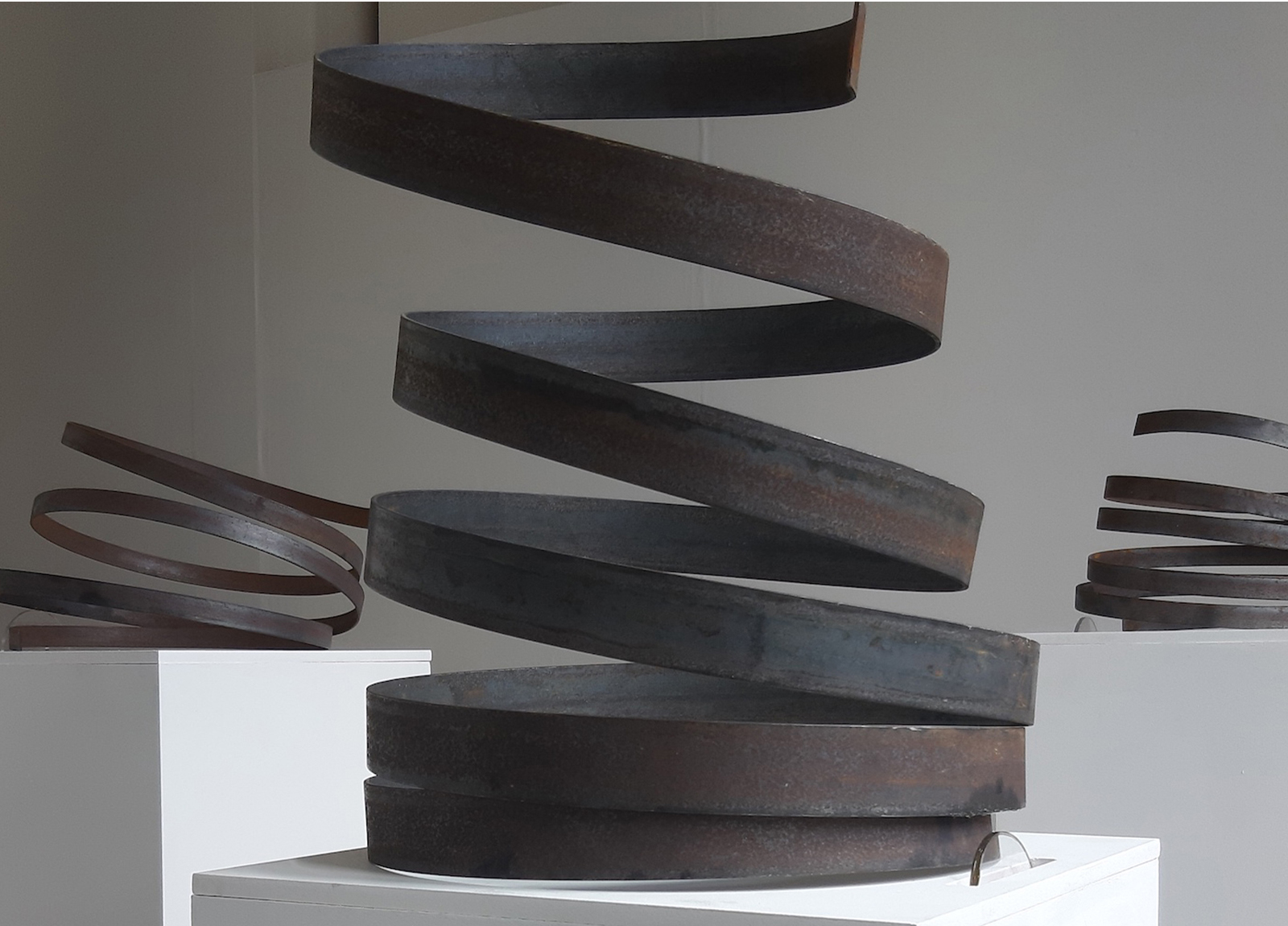
- Filter courses by study level: Undergraduate
- Filter courses by duration: Full time
- Filter courses by start month: September
- Filter courses by subject: Fine Art
Fine Art BA (Hons)
Want to explore your creativity, ideas, and instincts in a vibrant community of artists, thinkers and makers? And shape the future of contemporary art?
-
Visit the Graphic Communication BA (Hons) course page
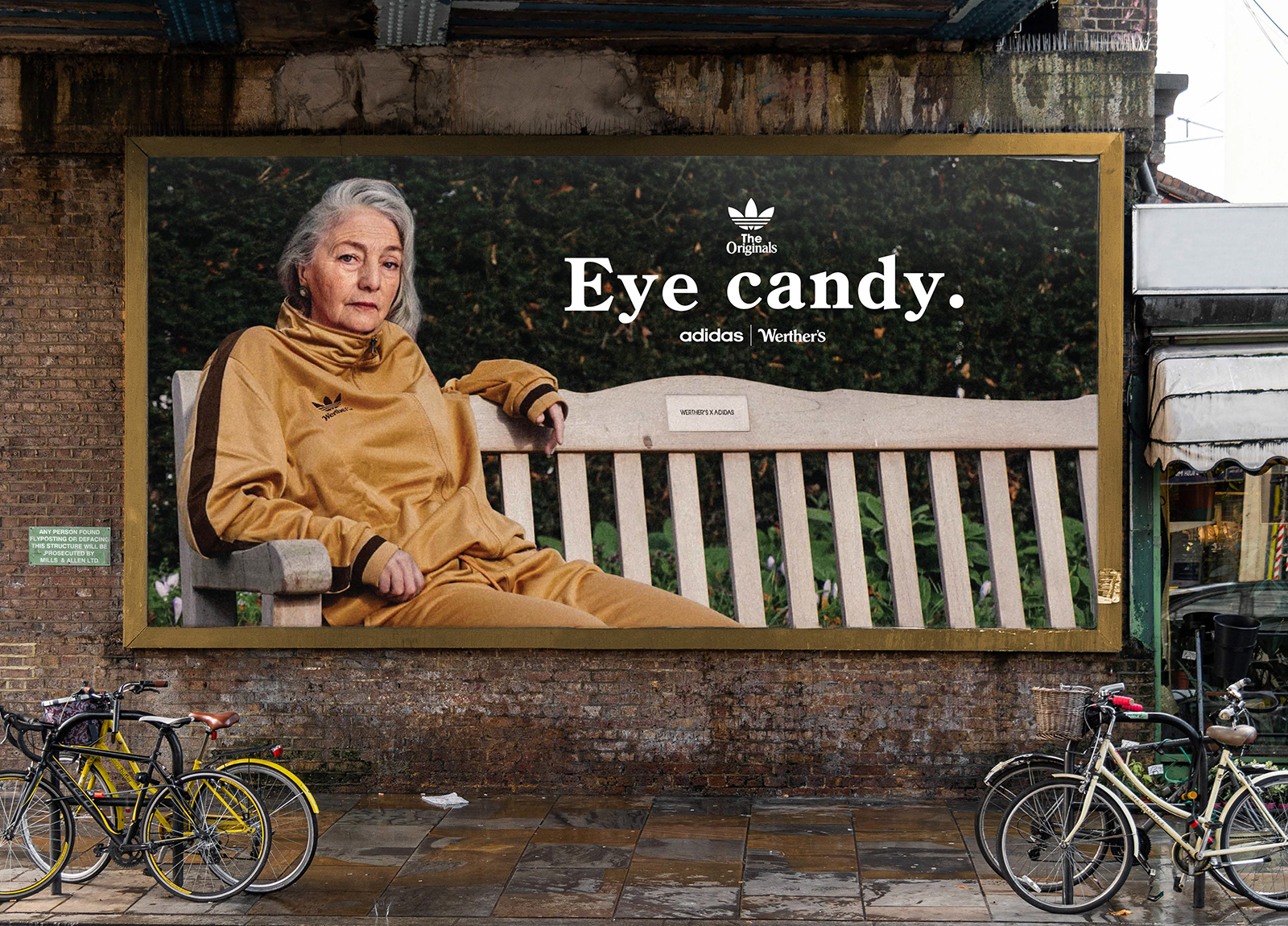
- Filter courses by study level: Undergraduate
- Filter courses by duration: Full time
- Filter courses by start month: September
- Filter courses by subject: Graphic Communication
Graphic Communication BA (Hons)
Ignite your passion for exploring visual ideas and brand communication from real-world problems to commercial briefs, across print and digital.
-
Visit the Graphic Design BA (Hons) course page
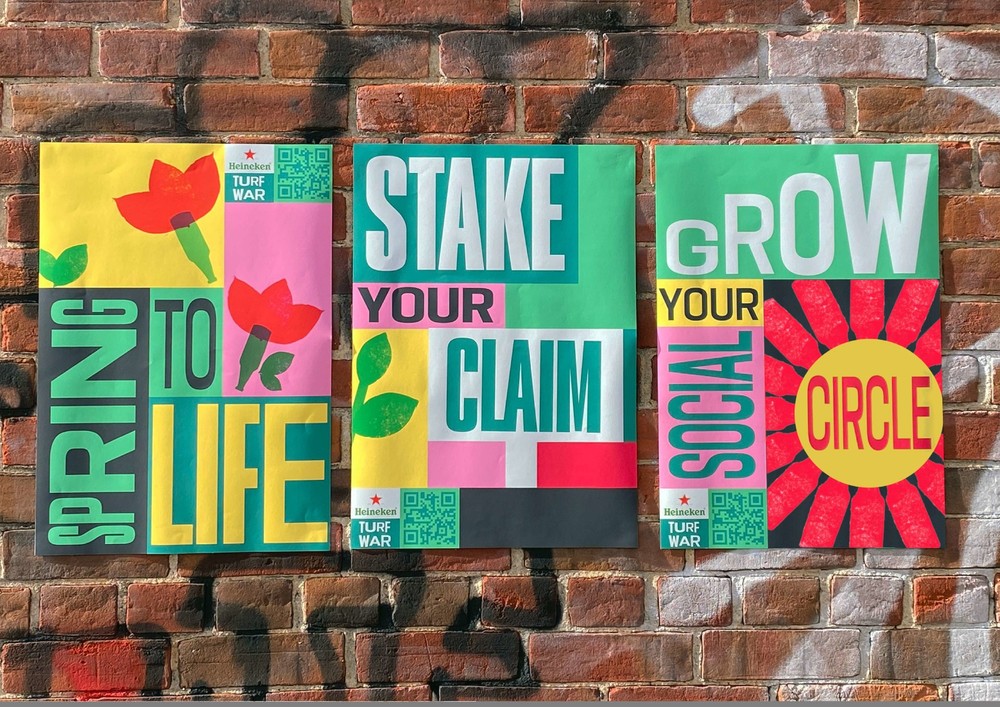
- Filter courses by study level: Undergraduate
- Filter courses by duration: Full time
- Filter courses by start month: September
- Filter courses by subject: Graphic Design
Graphic Design BA (Hons)
Be inspired to apply innovative and creative solutions to branding, packaging, and promotional design for commercial markets.
-
